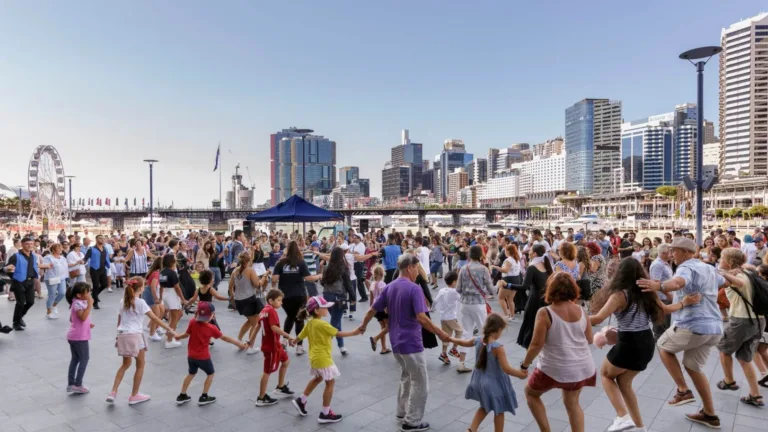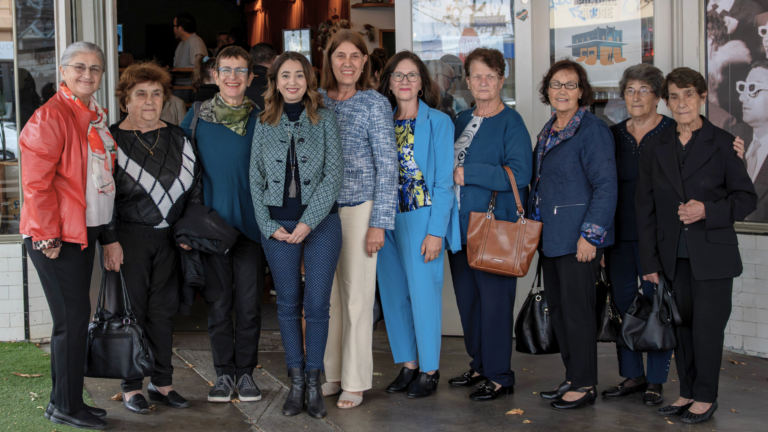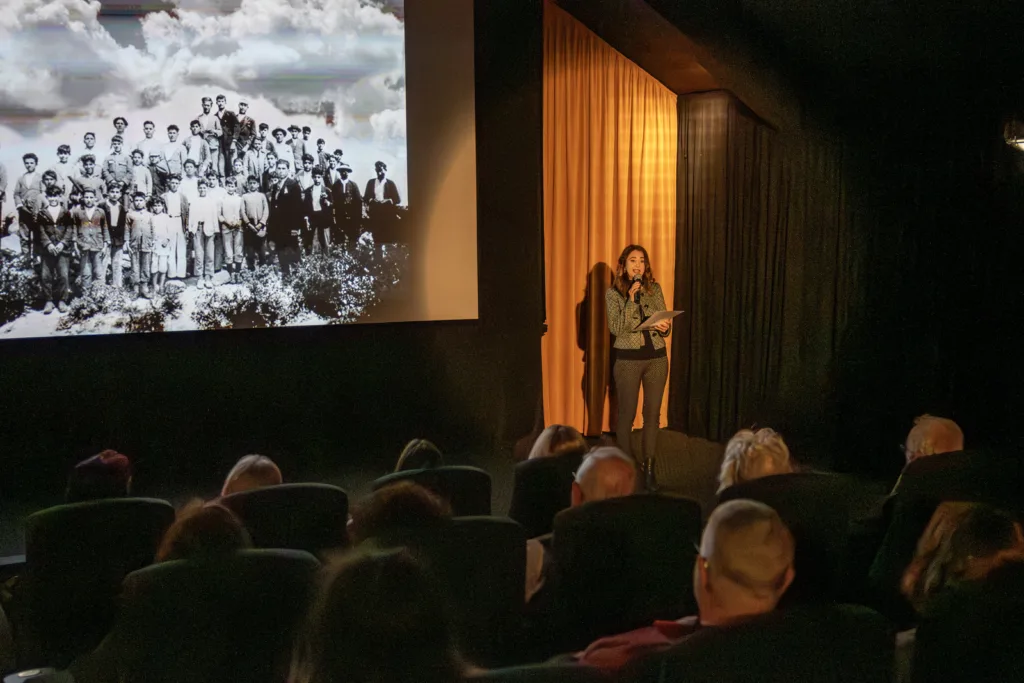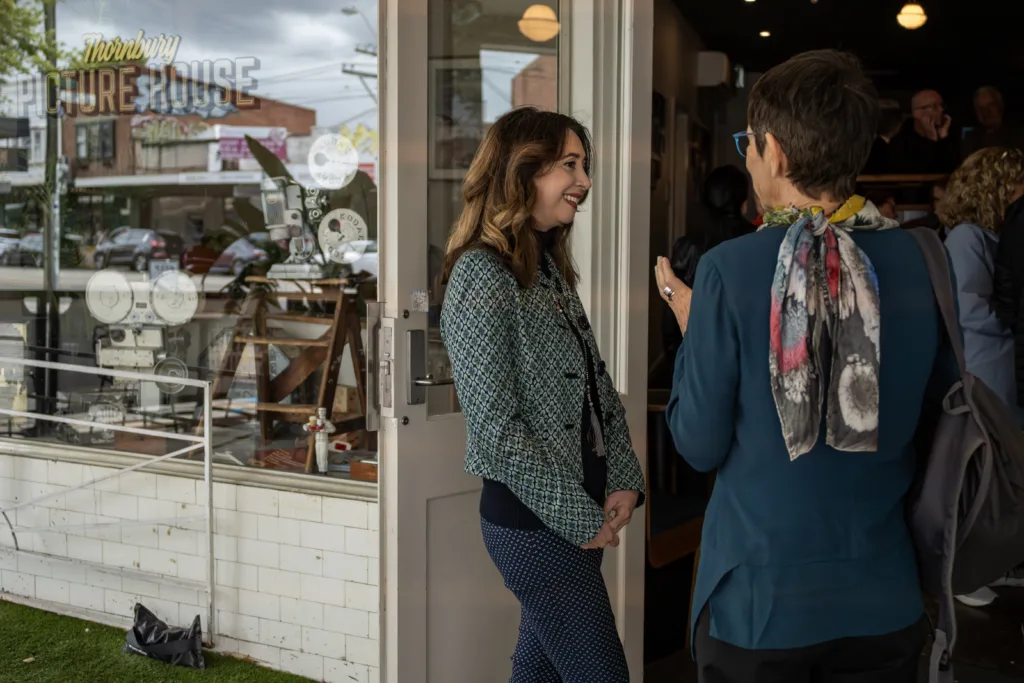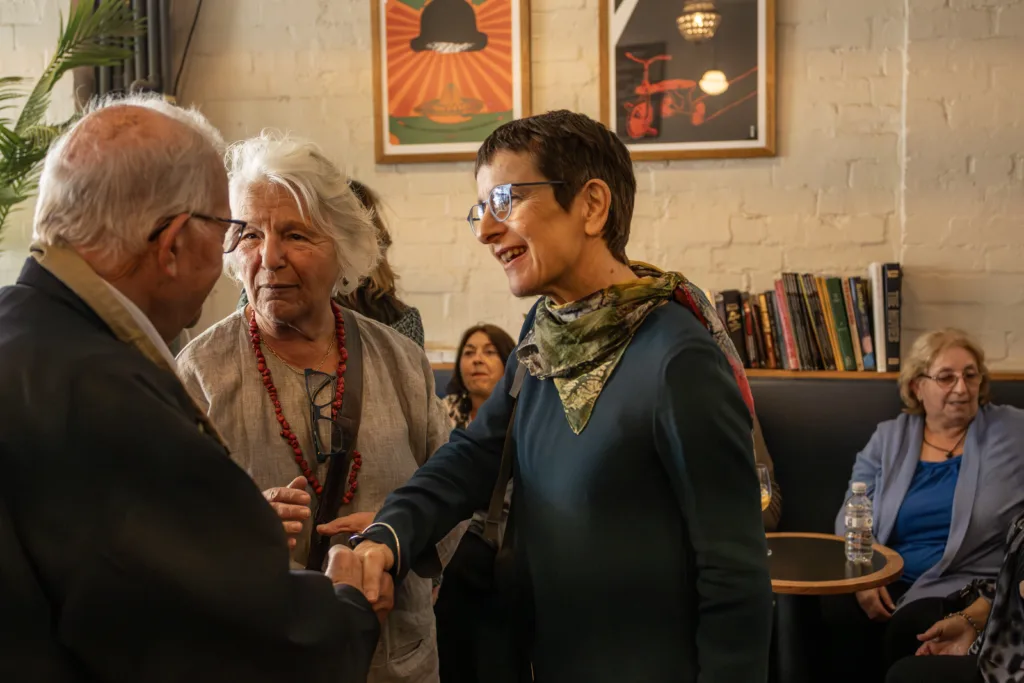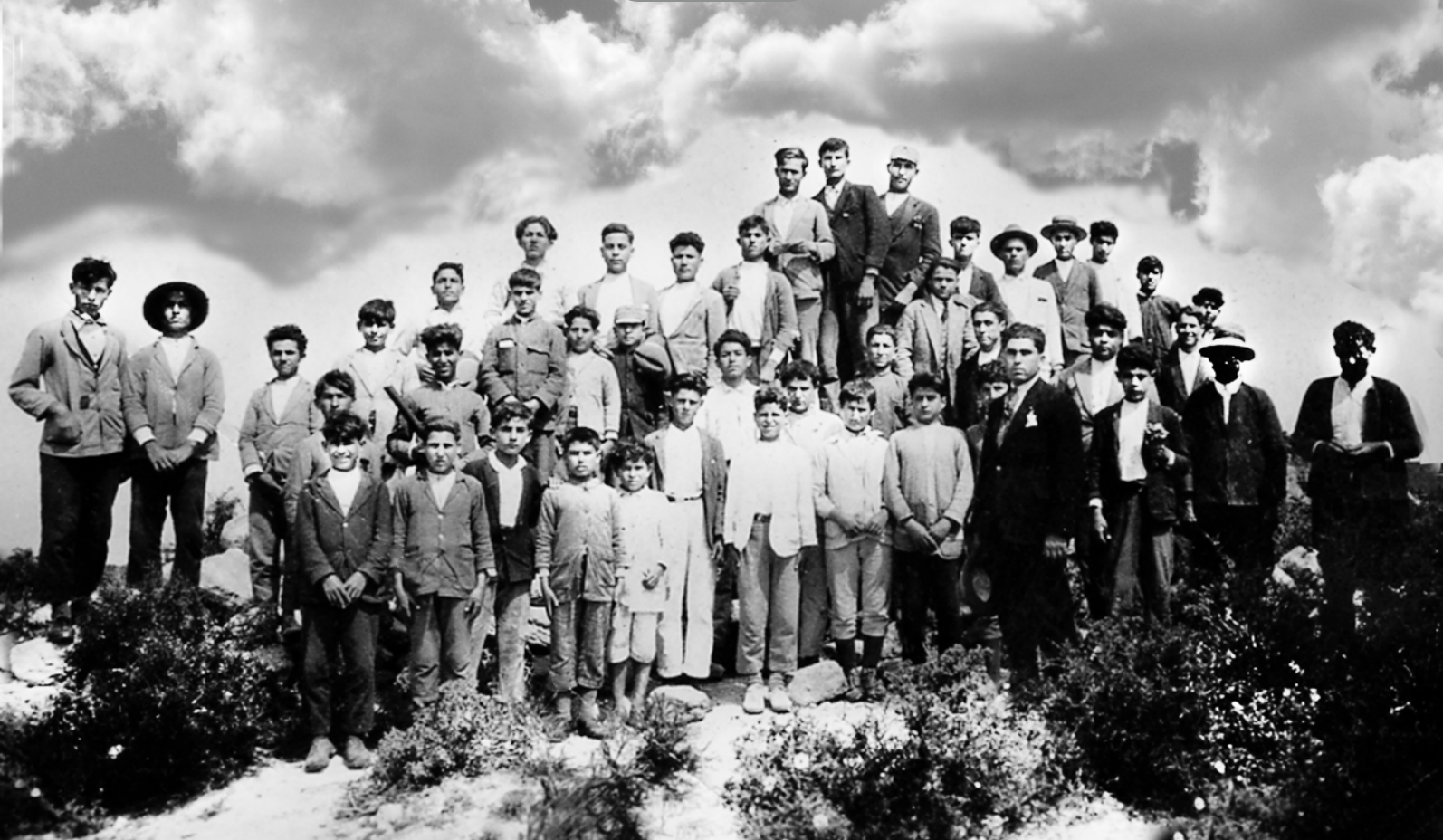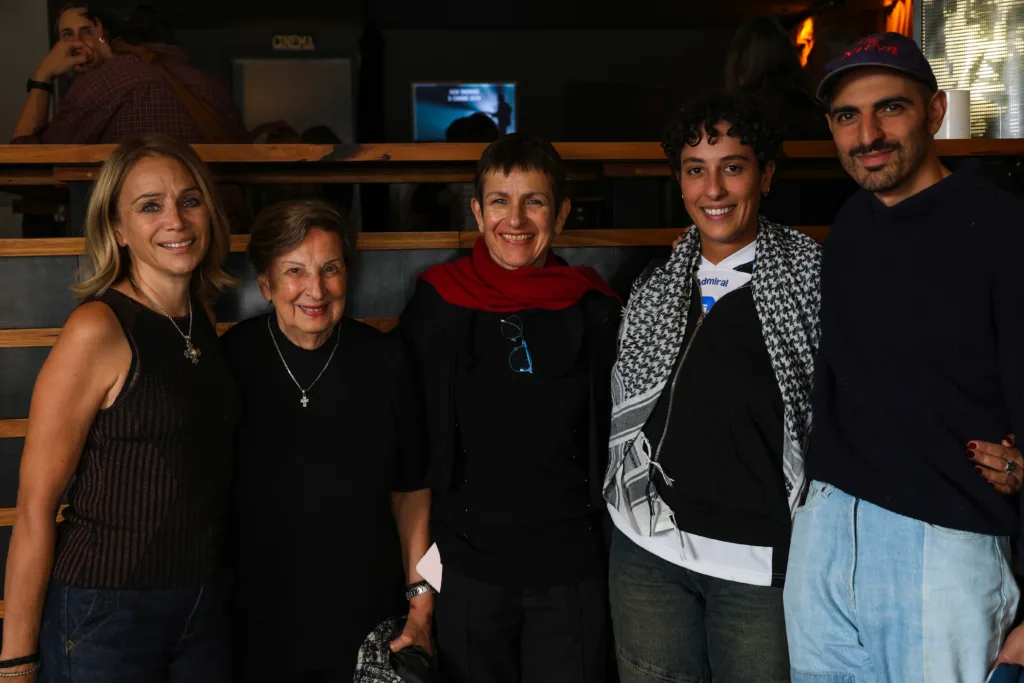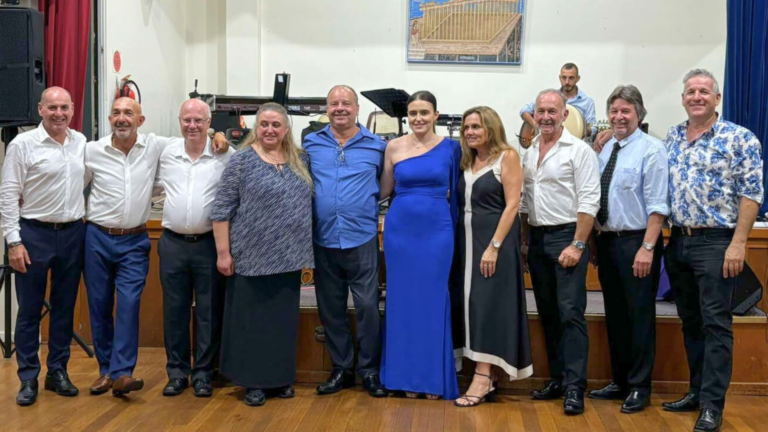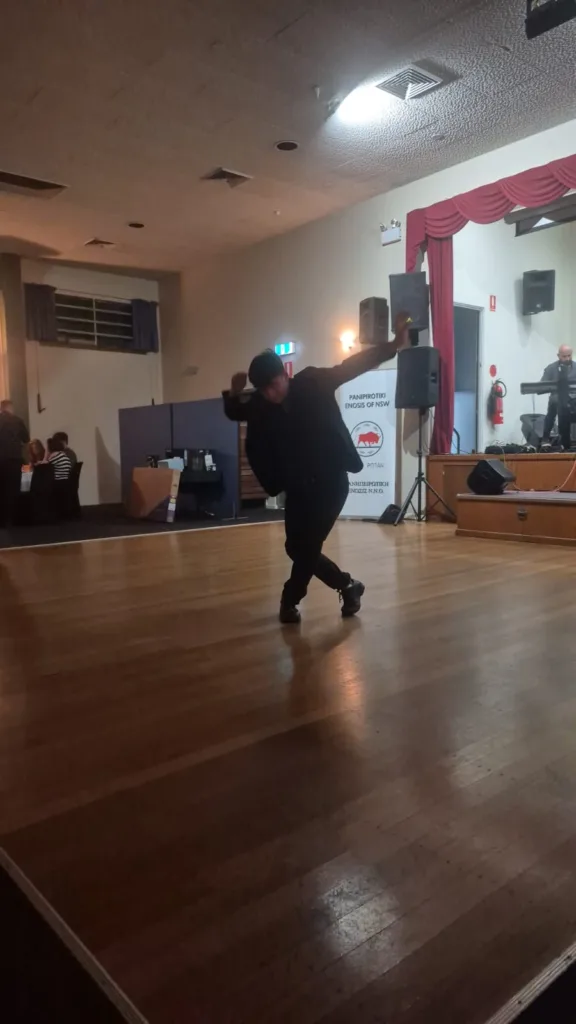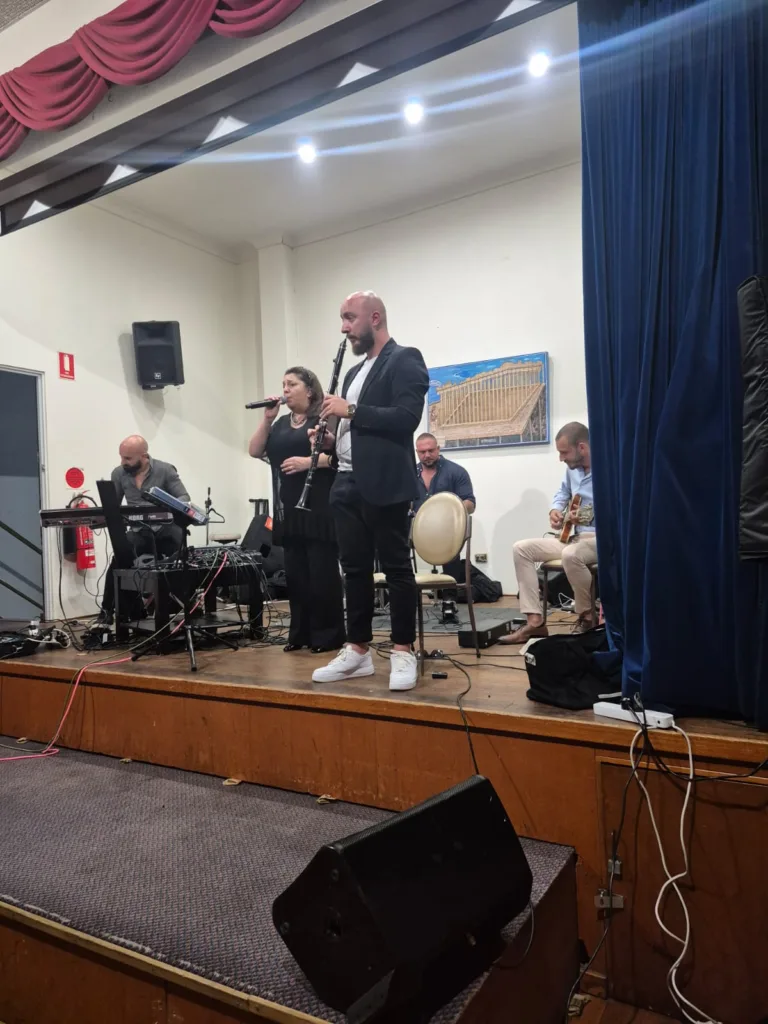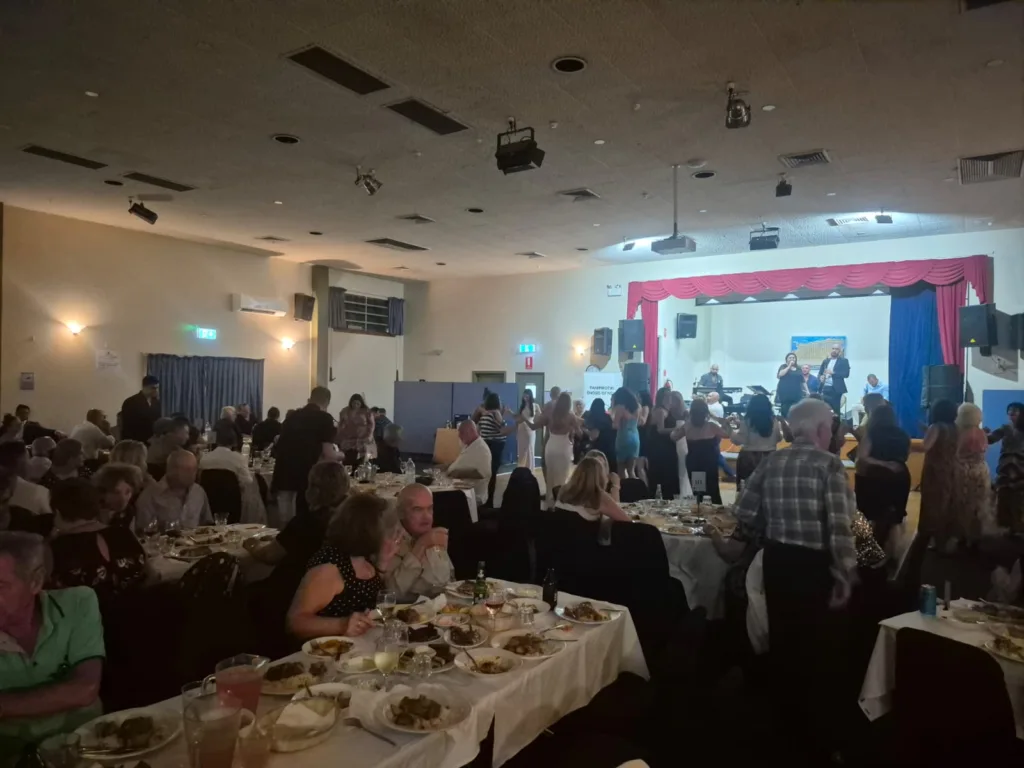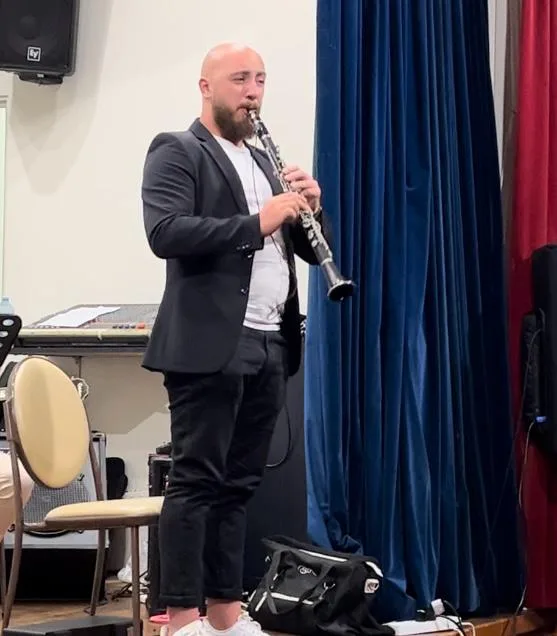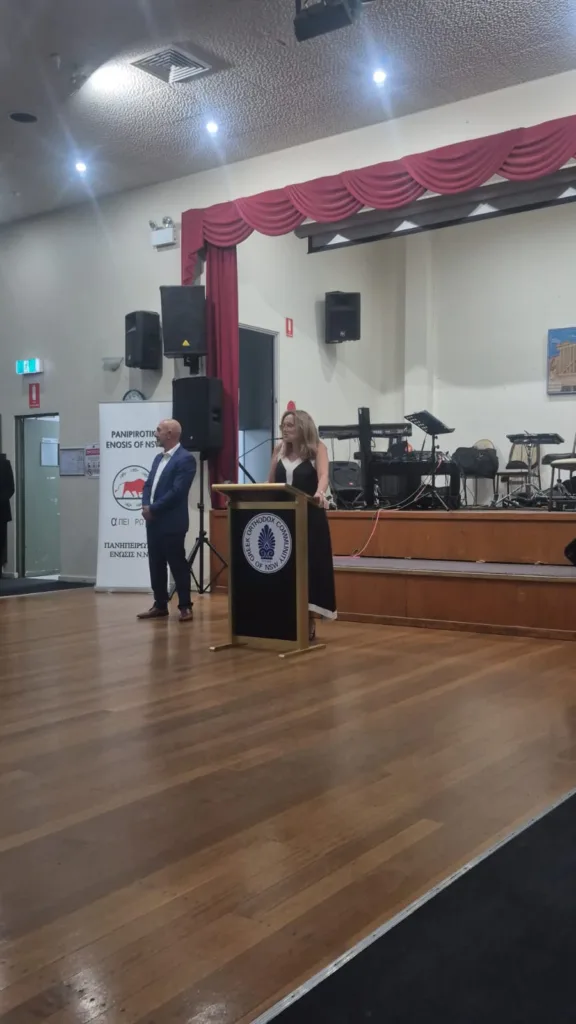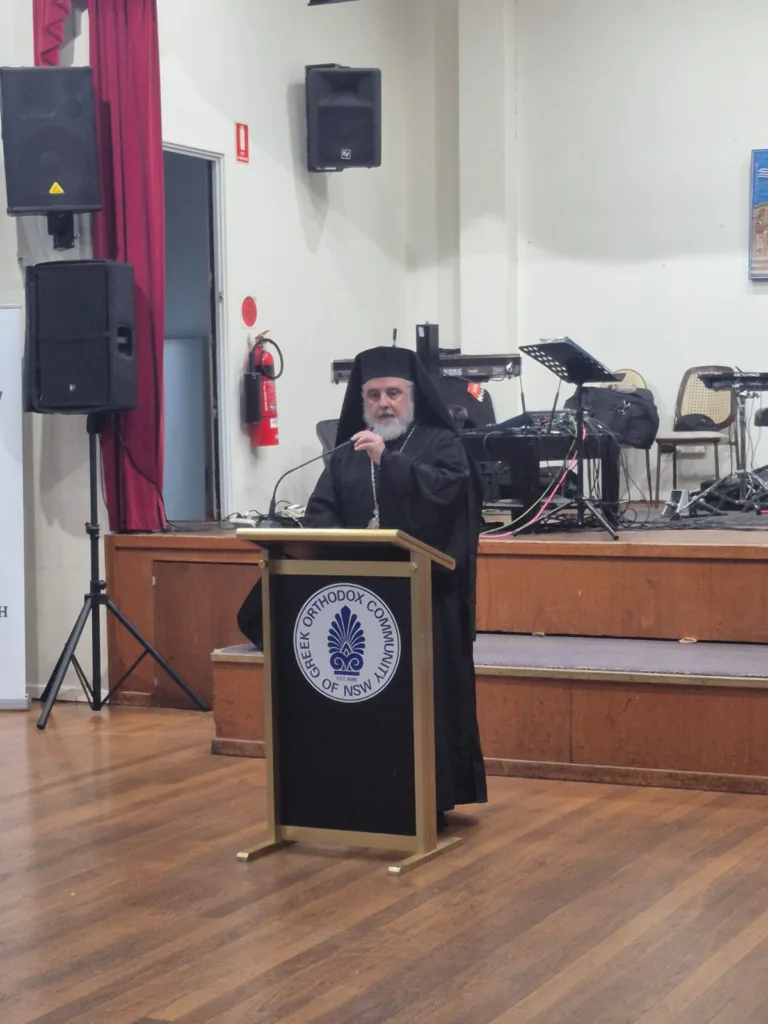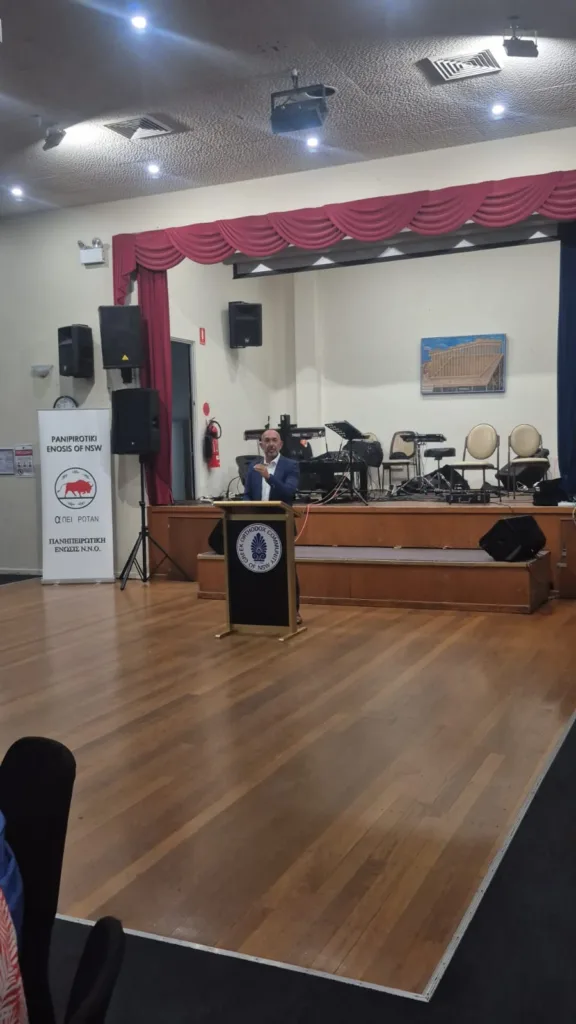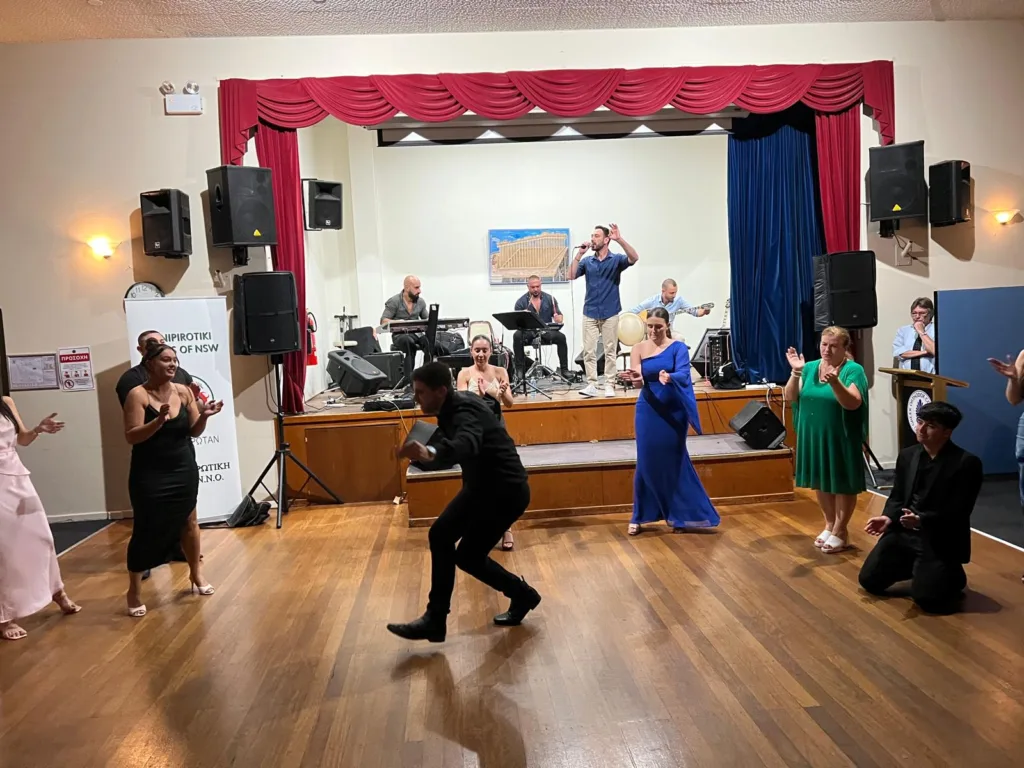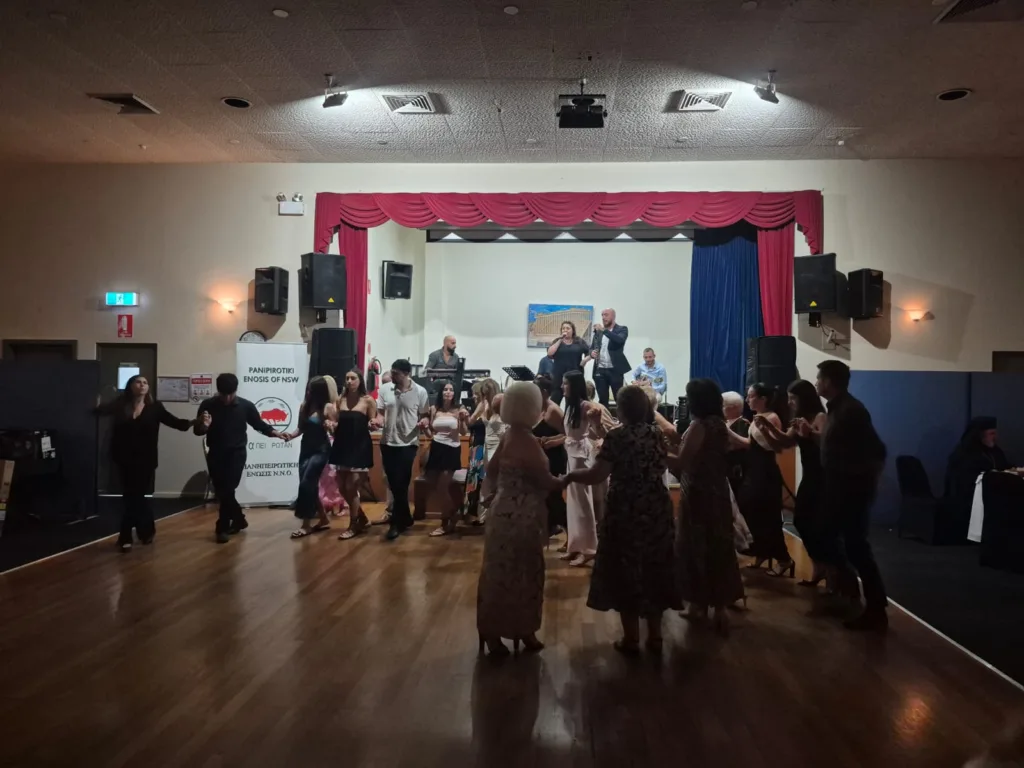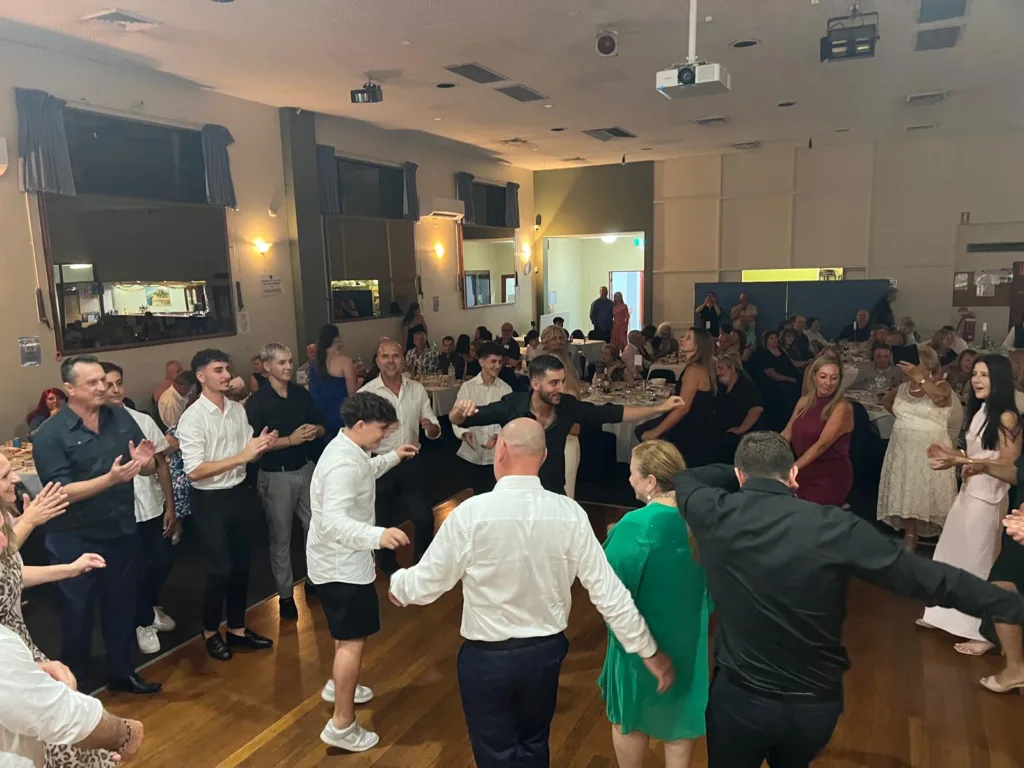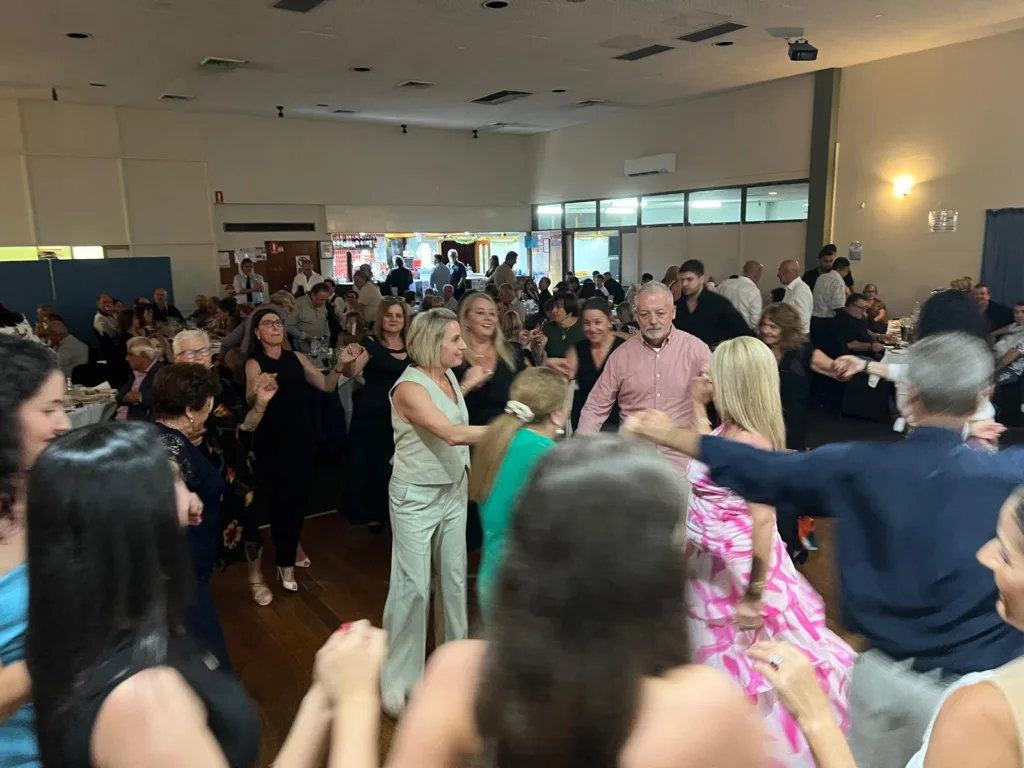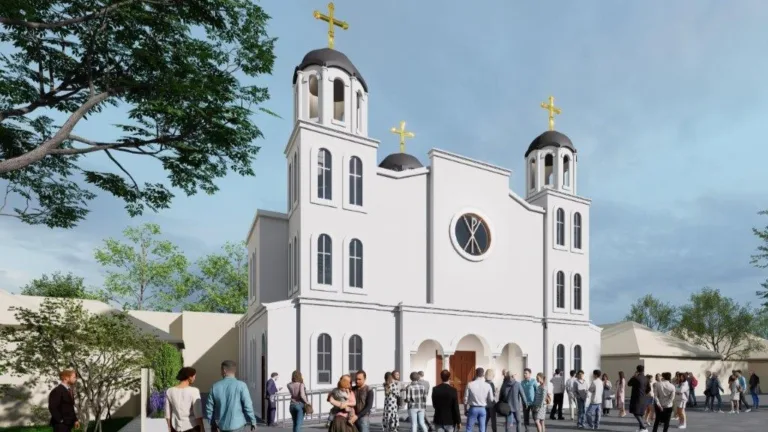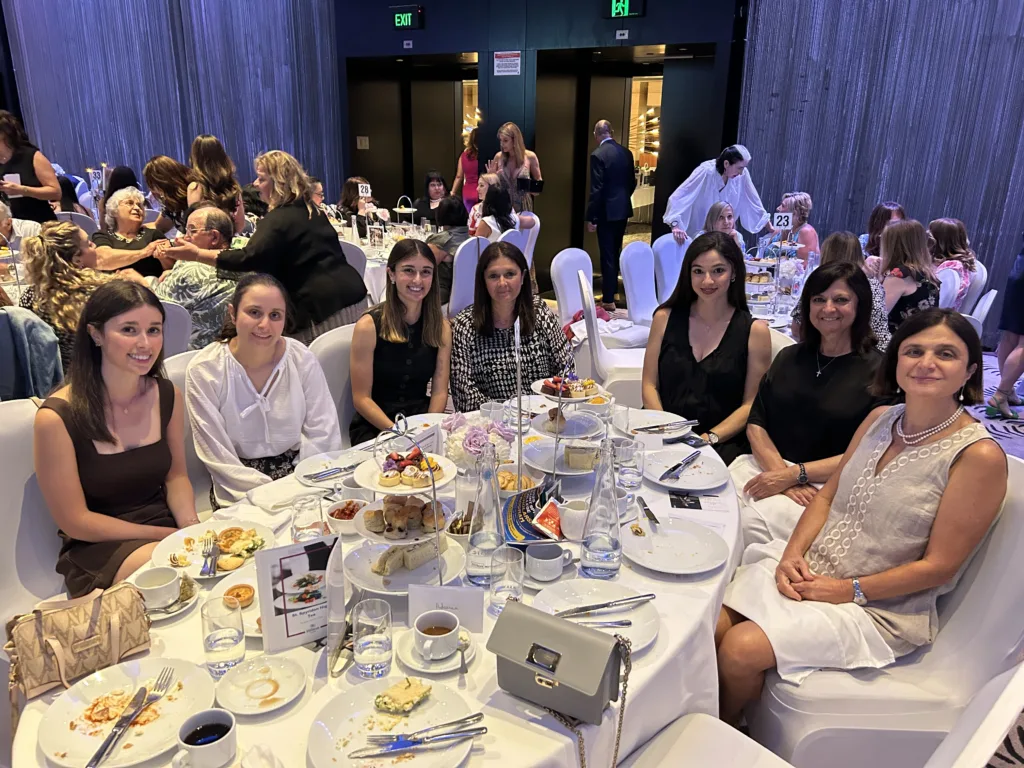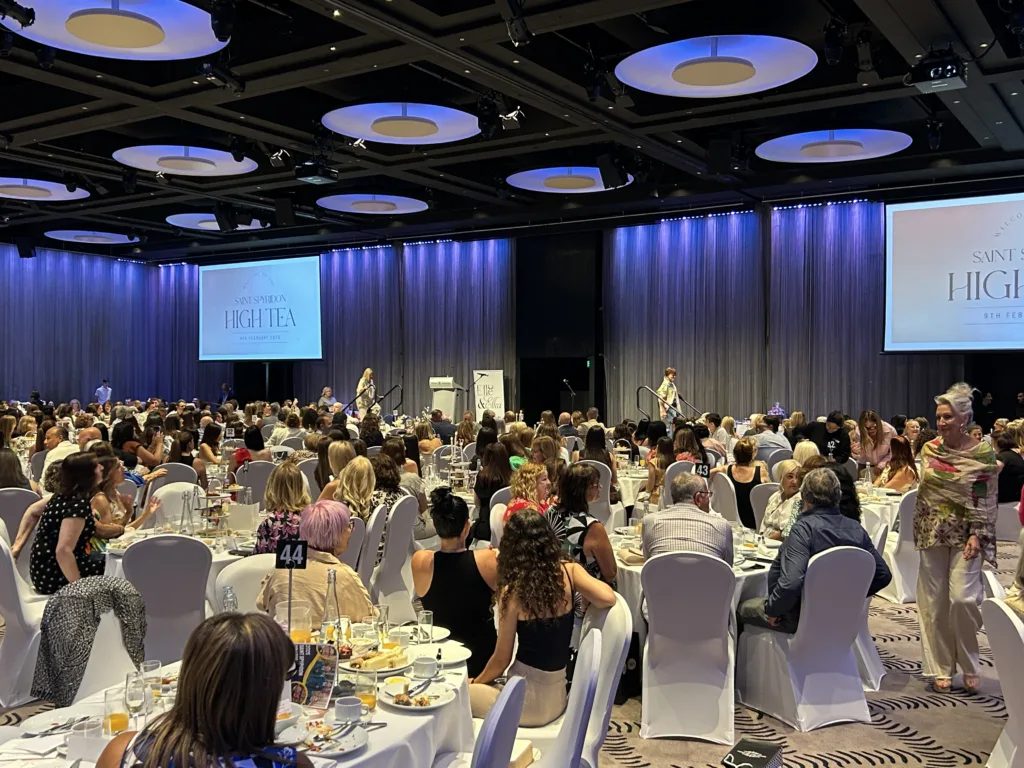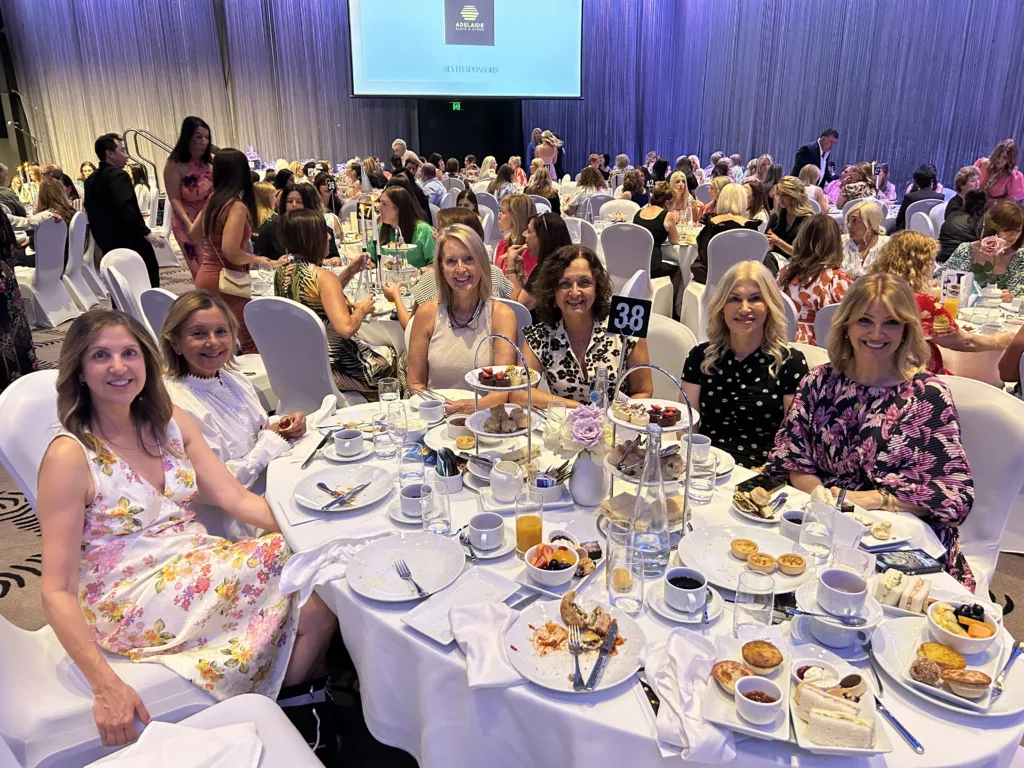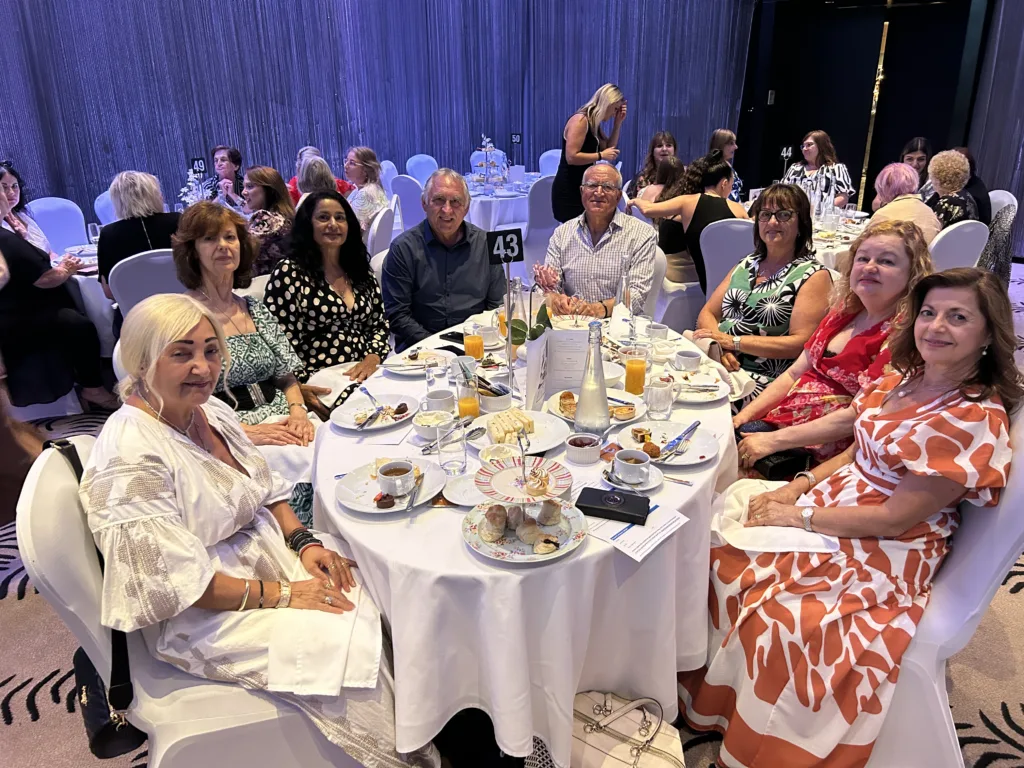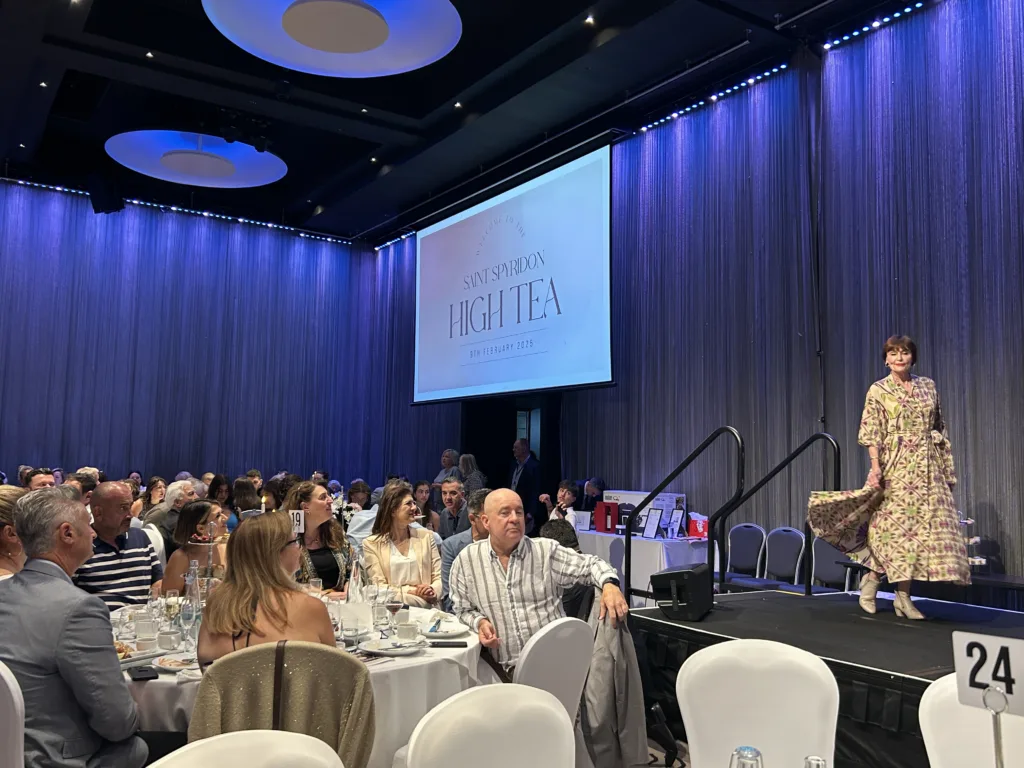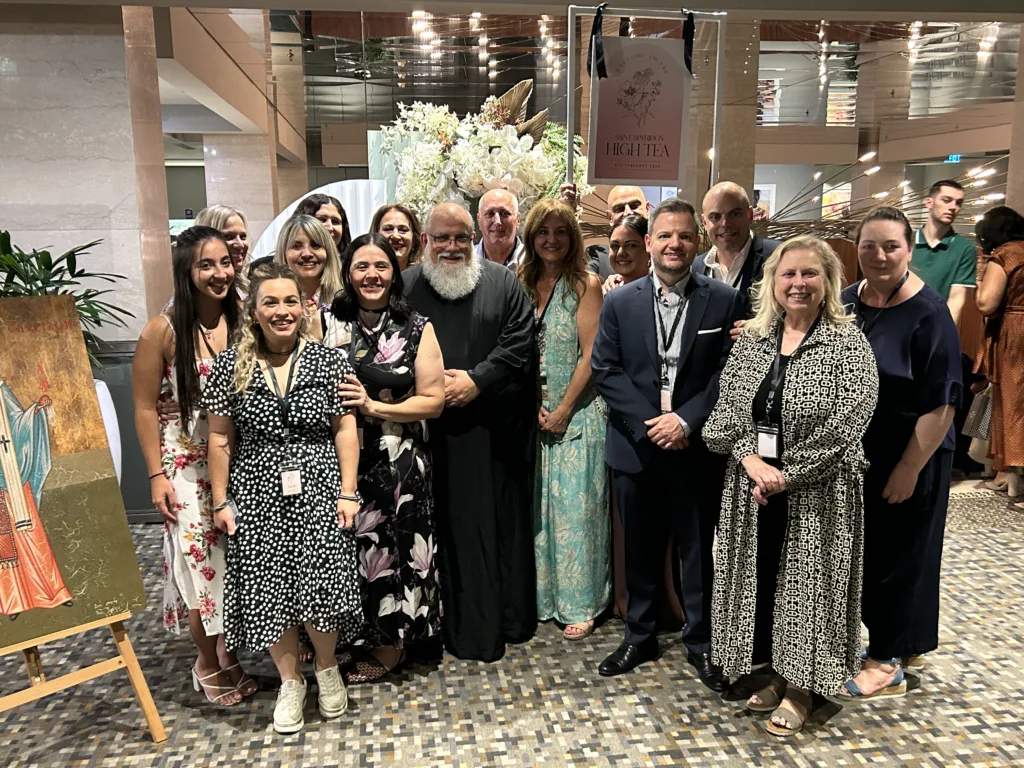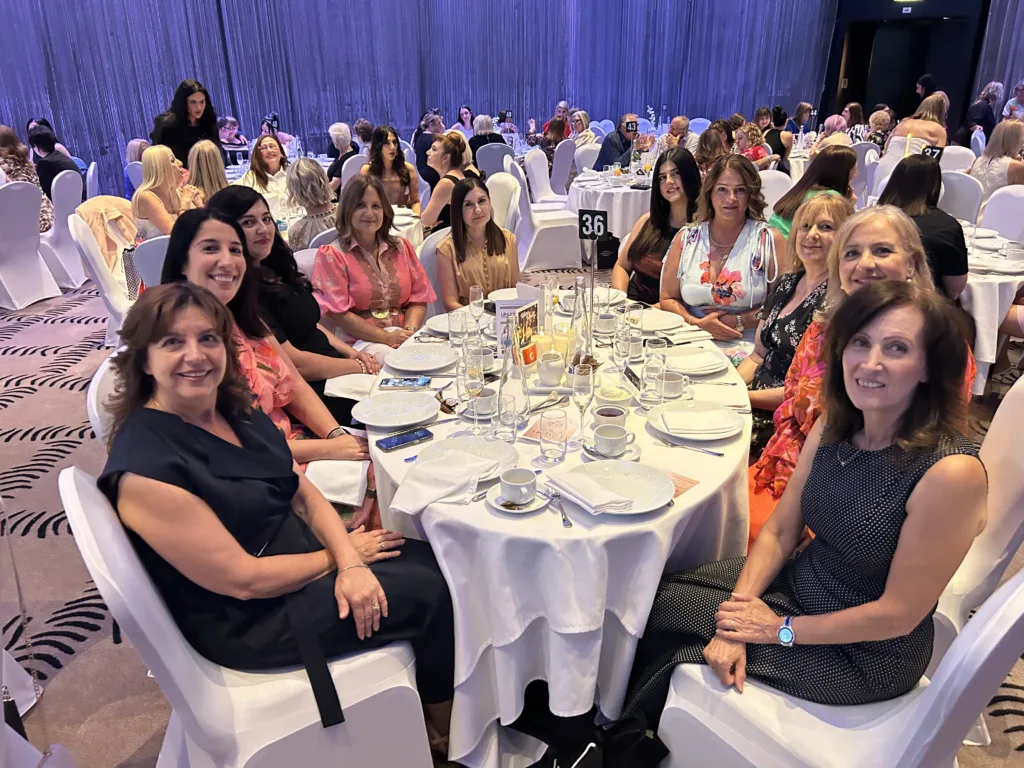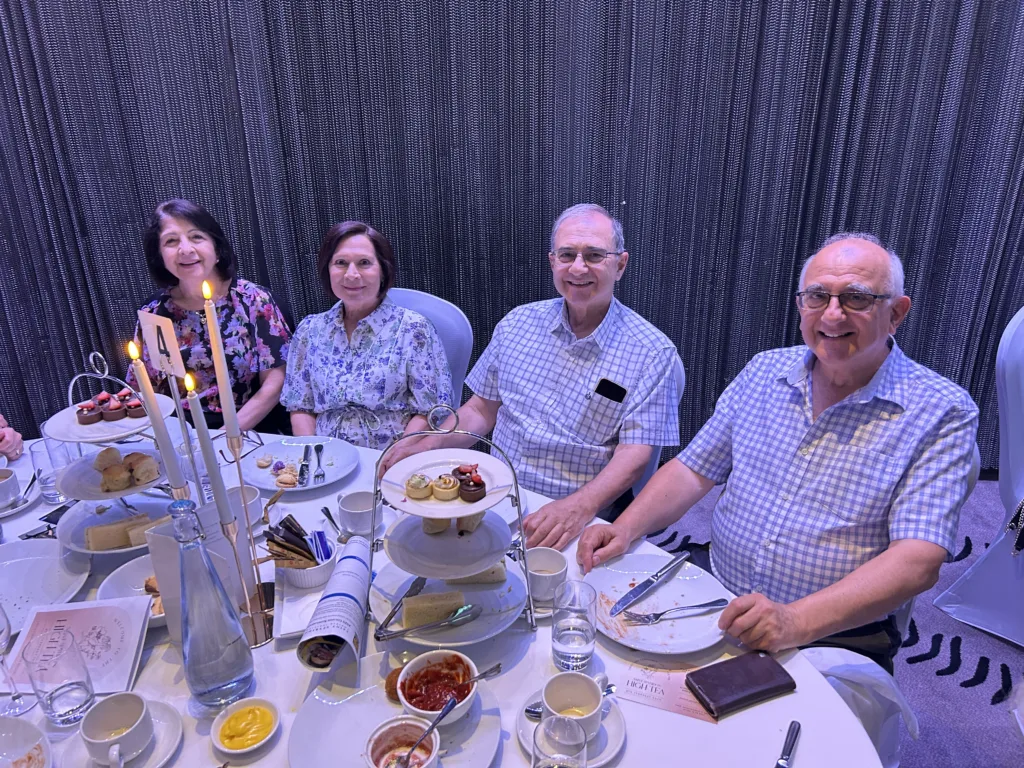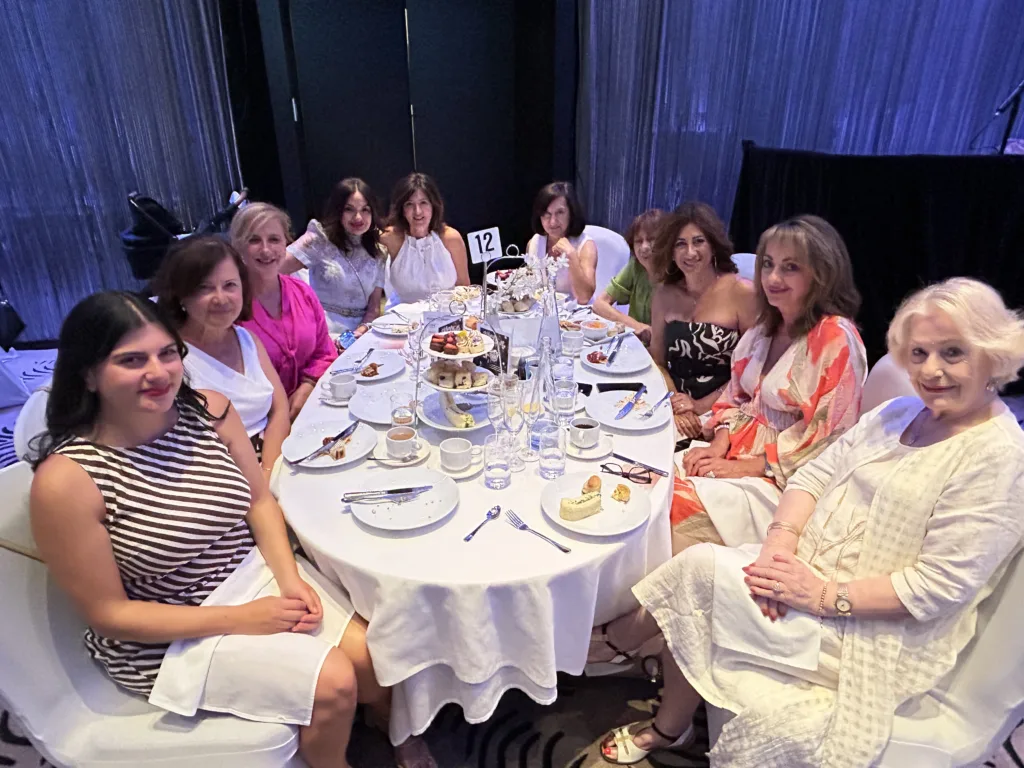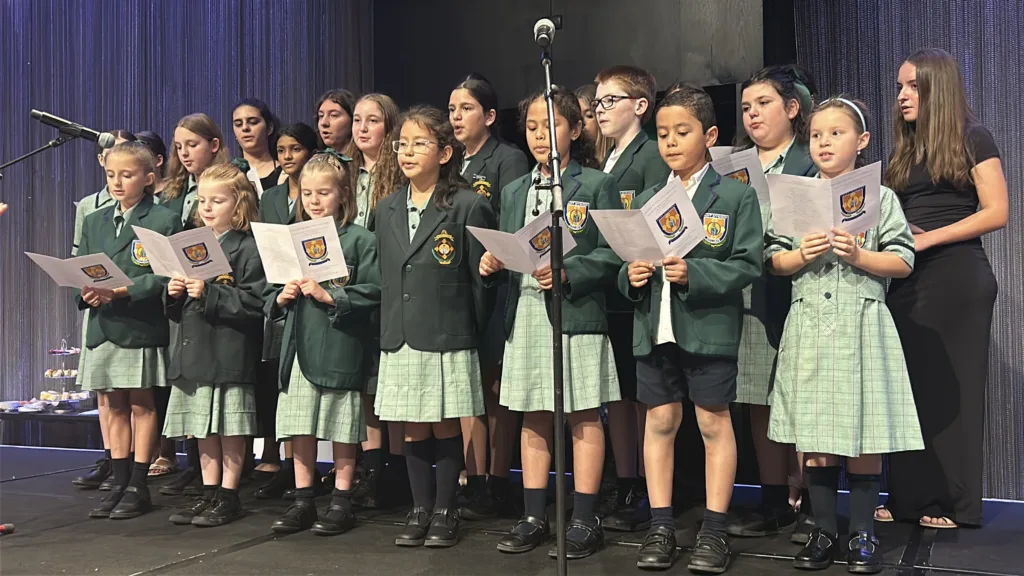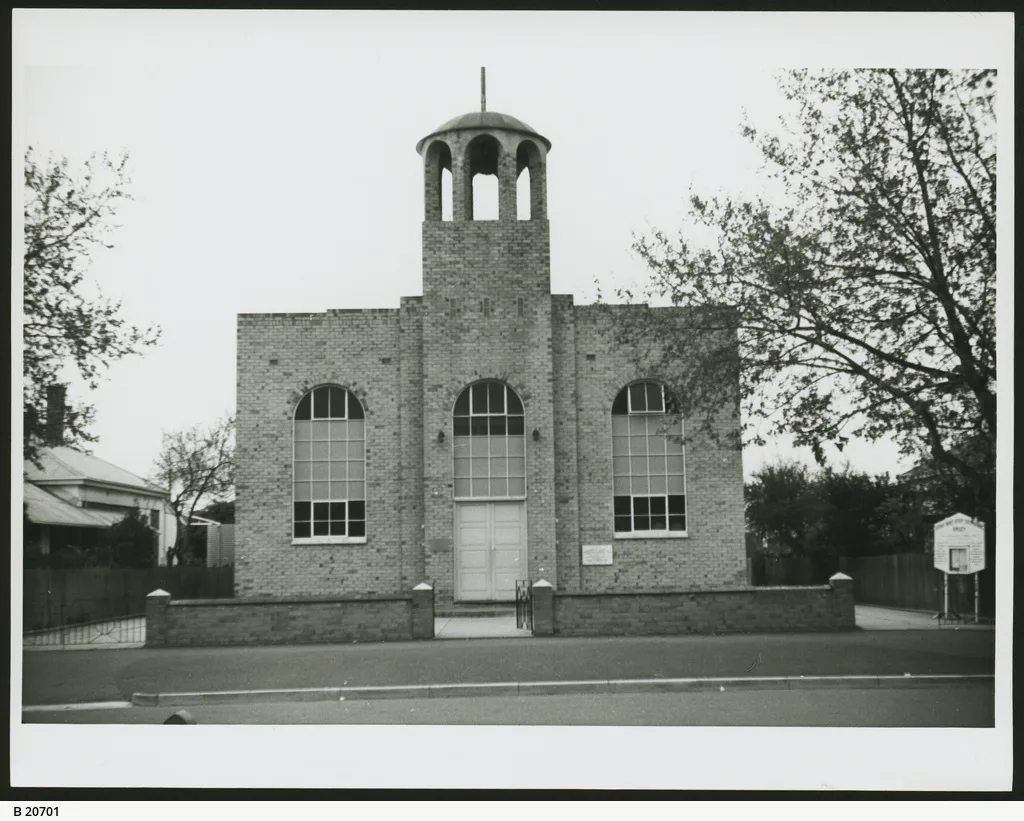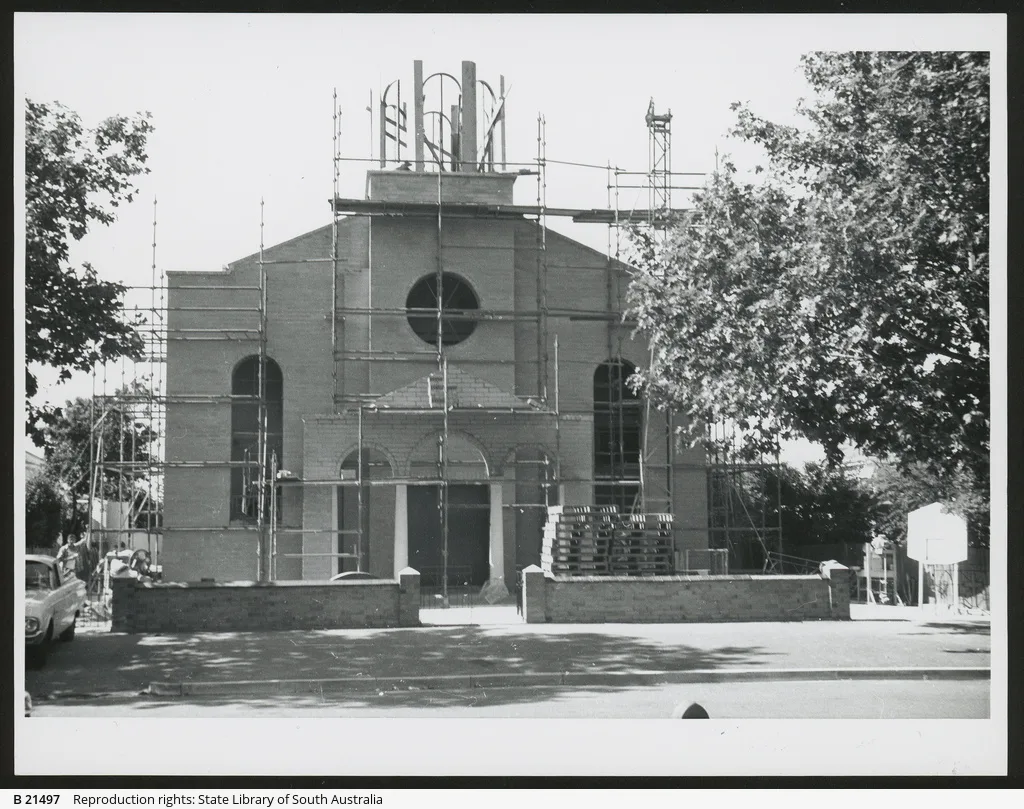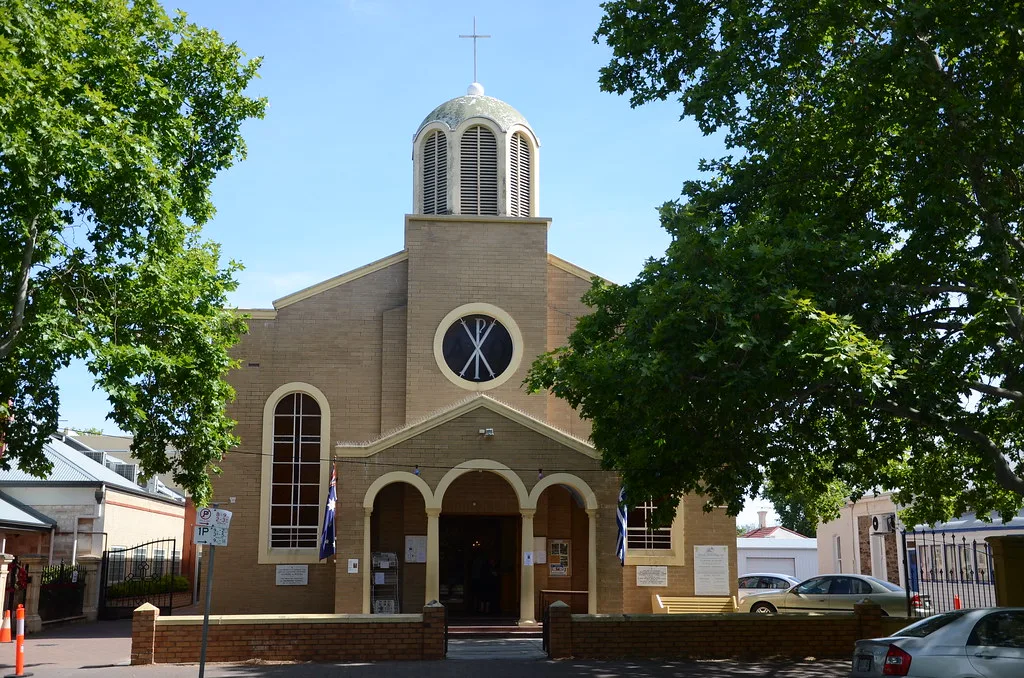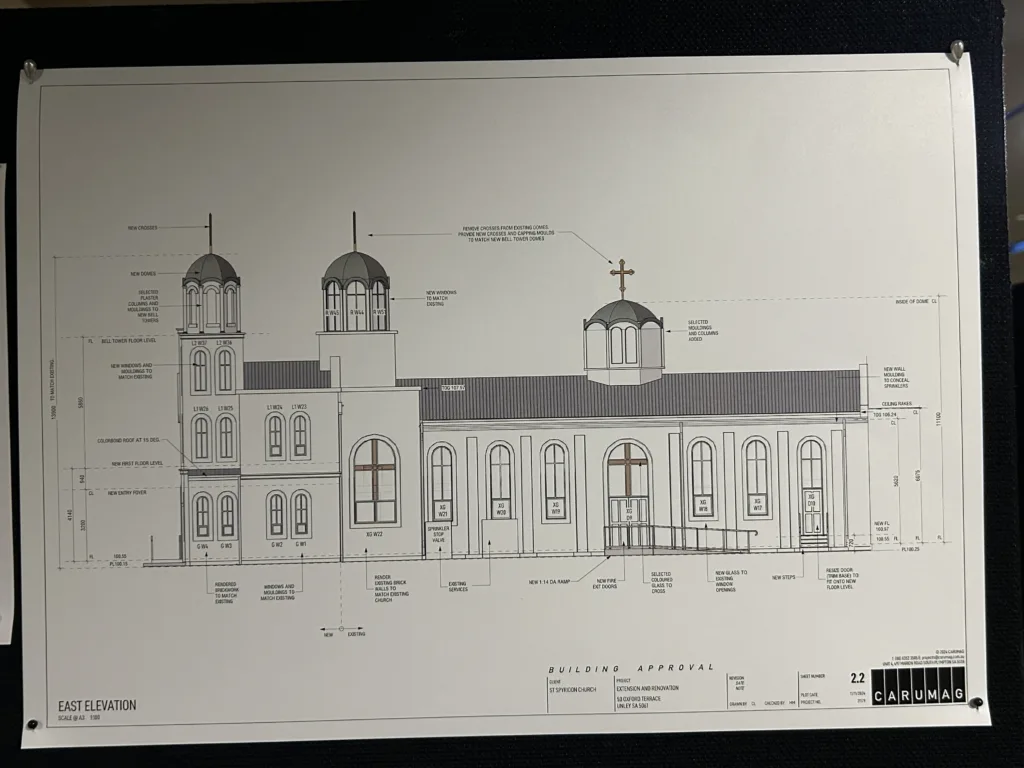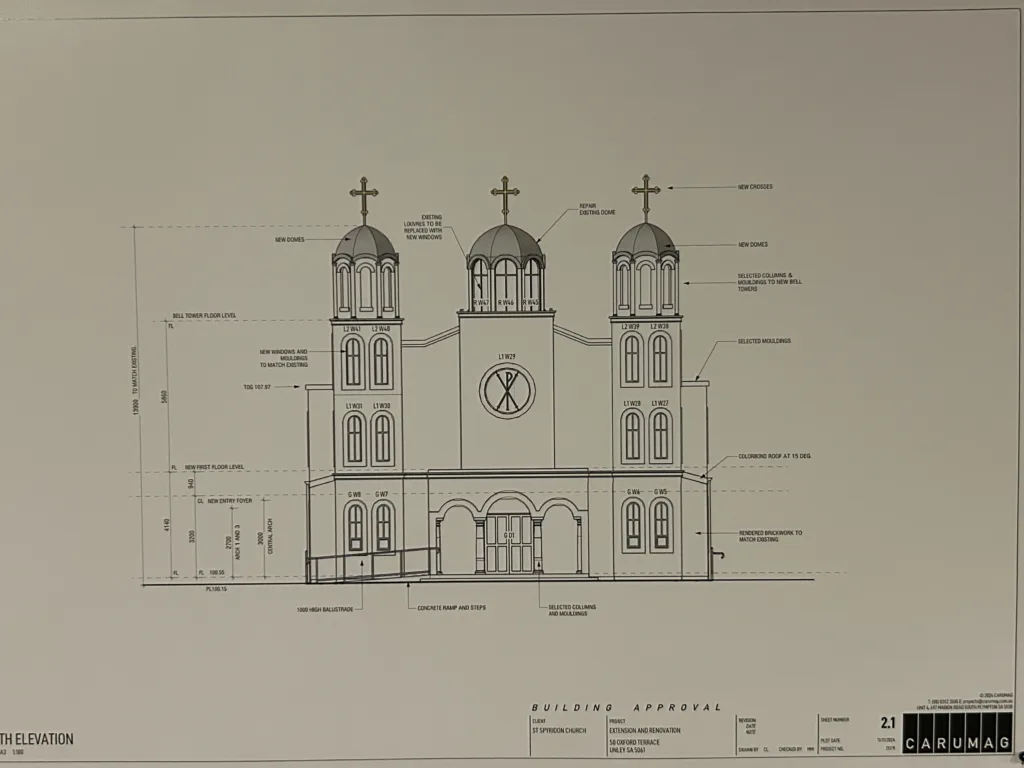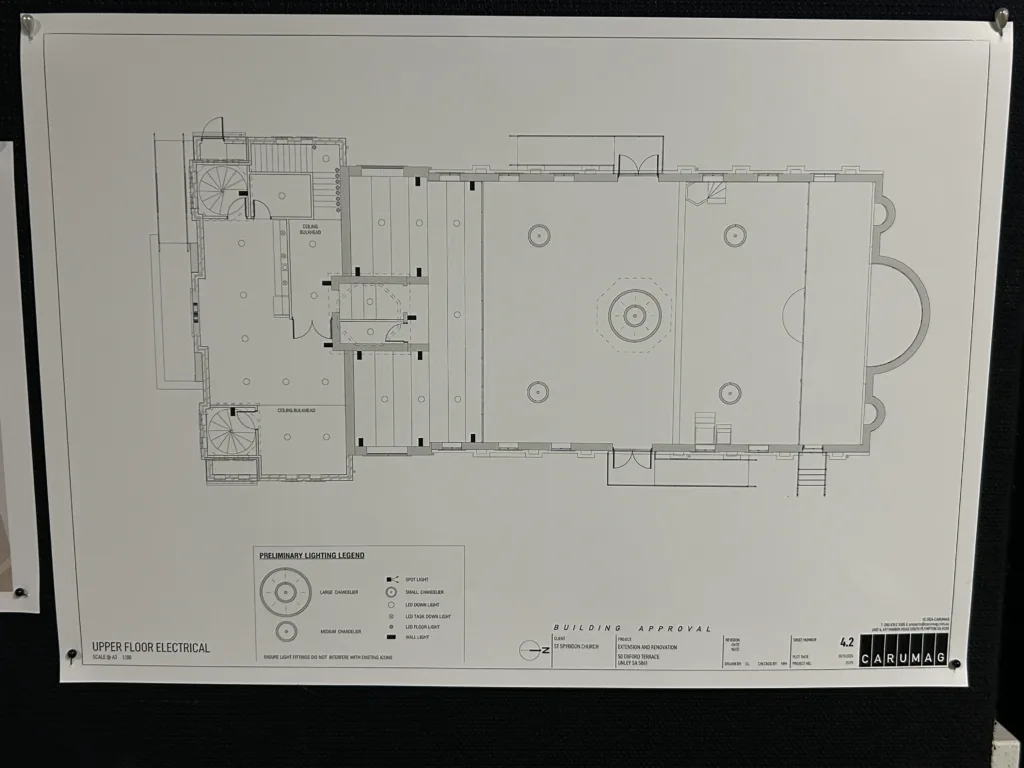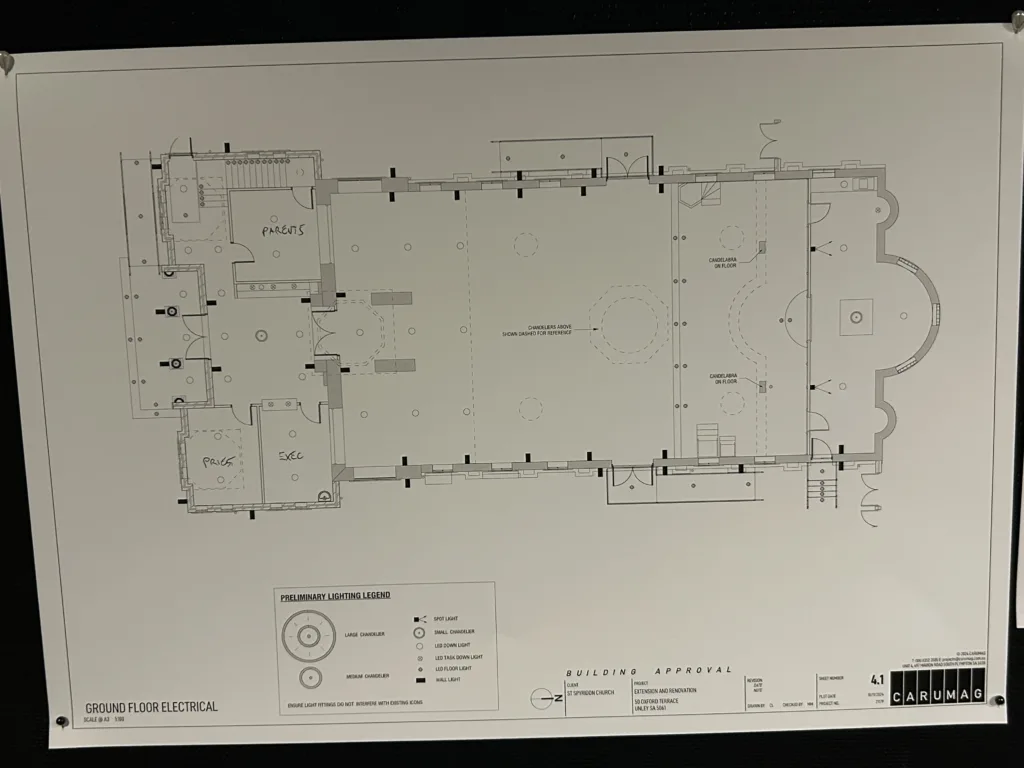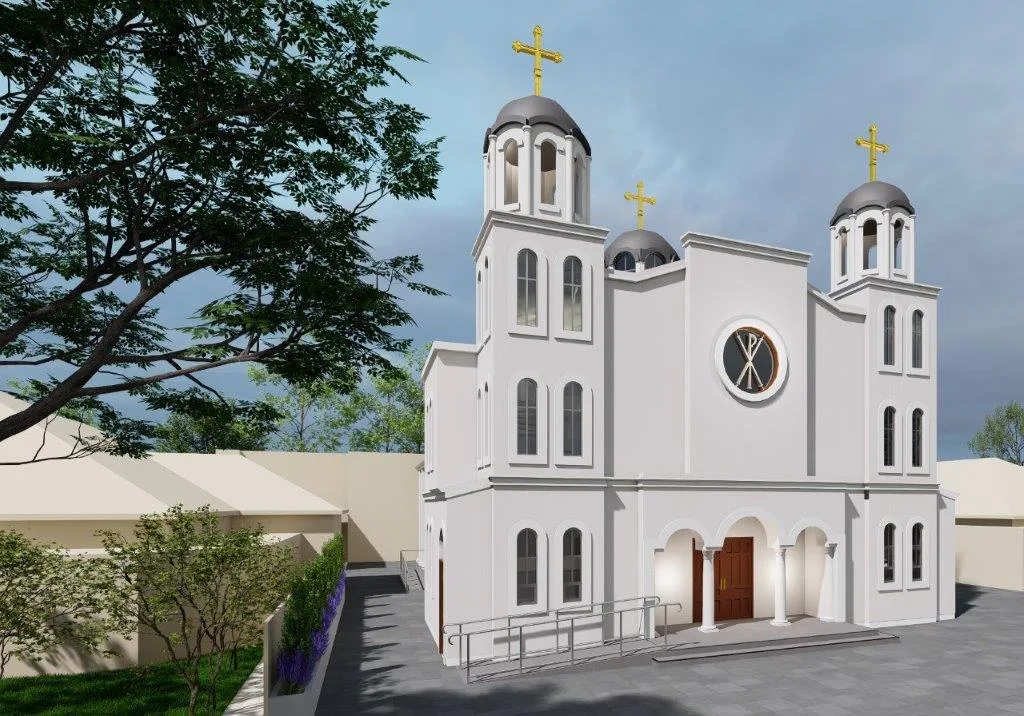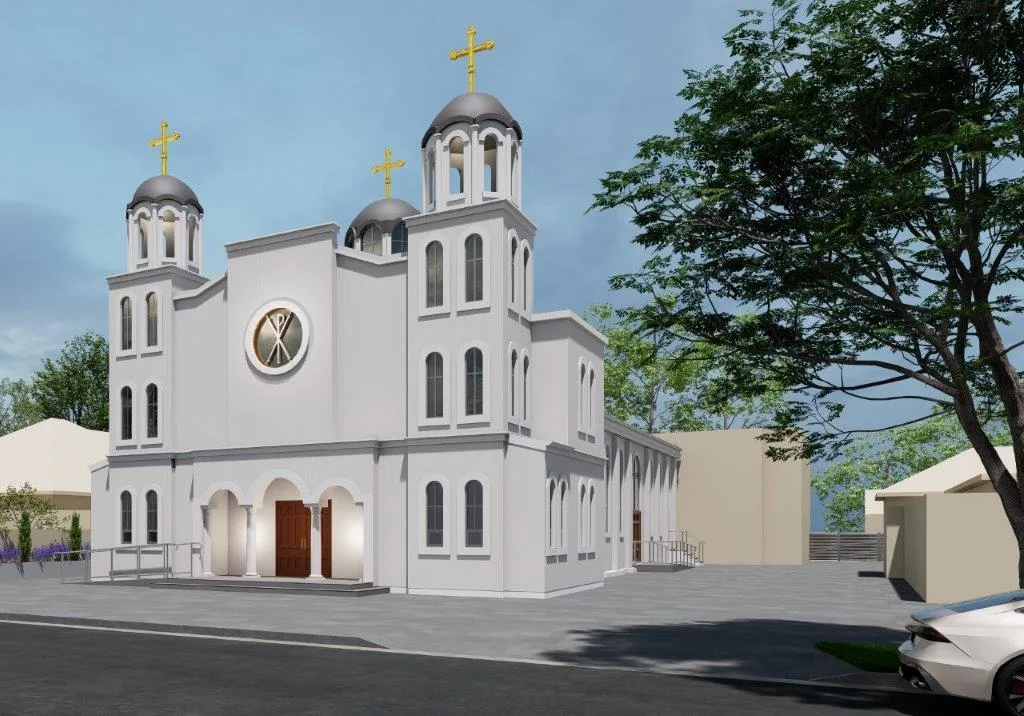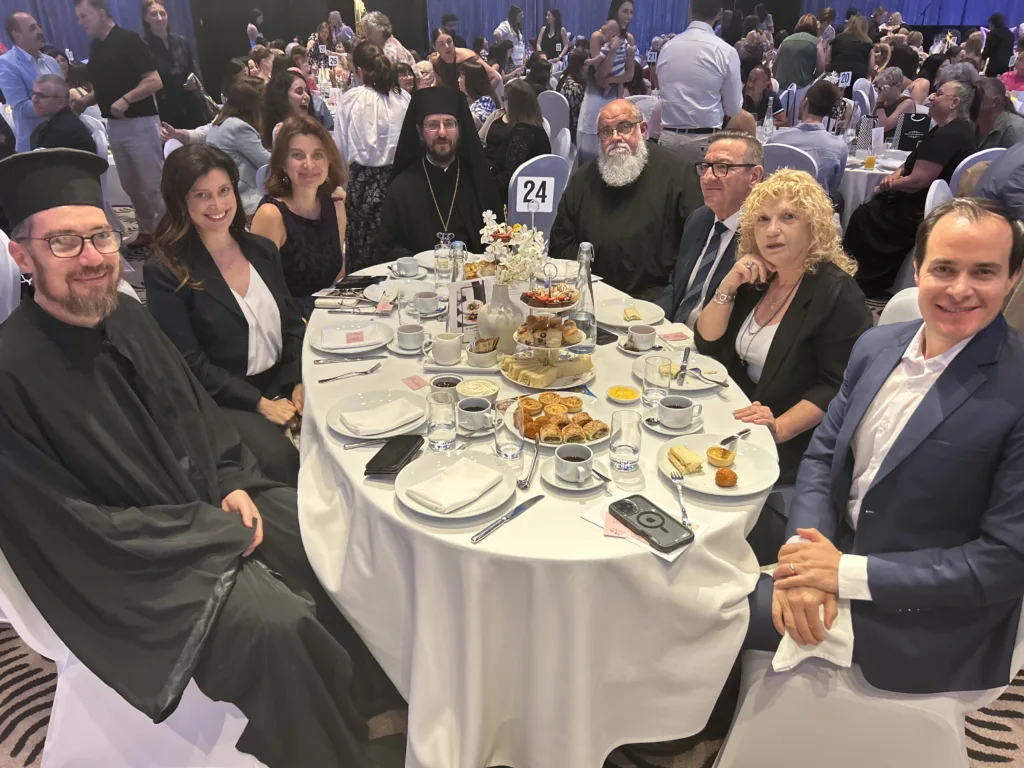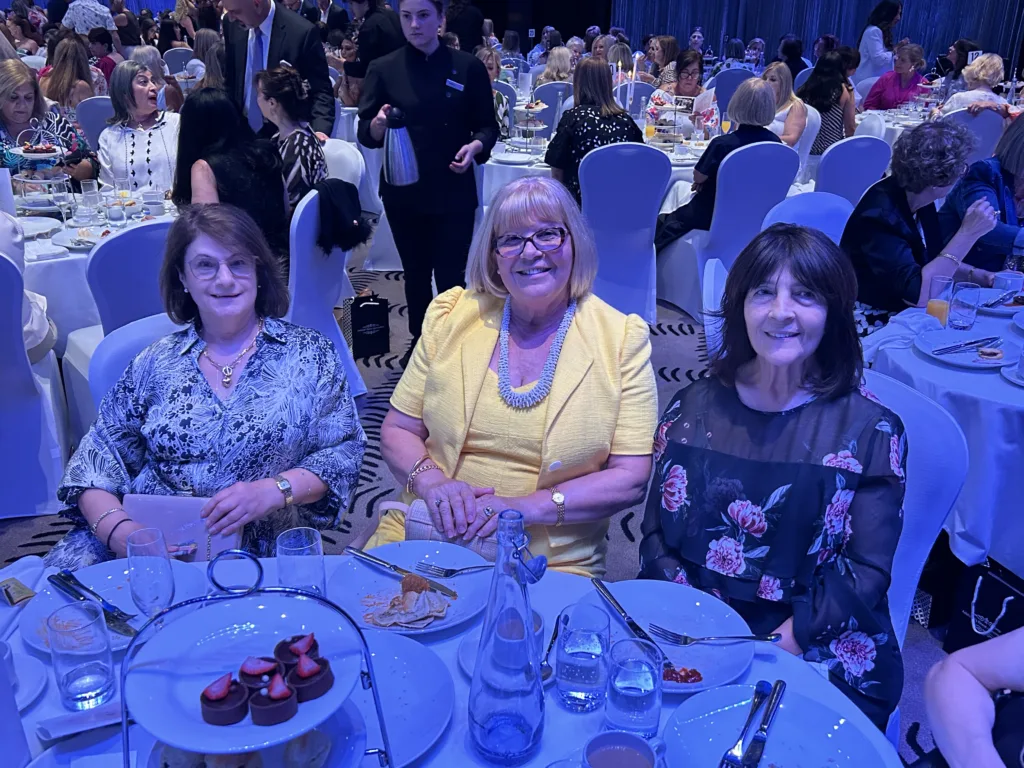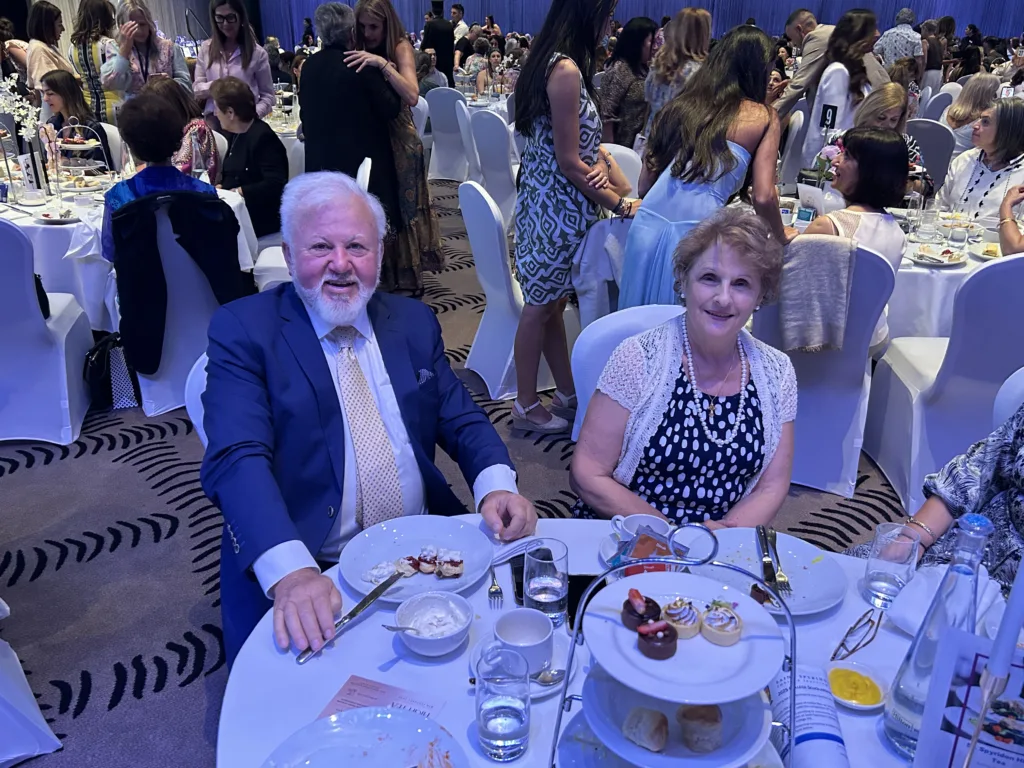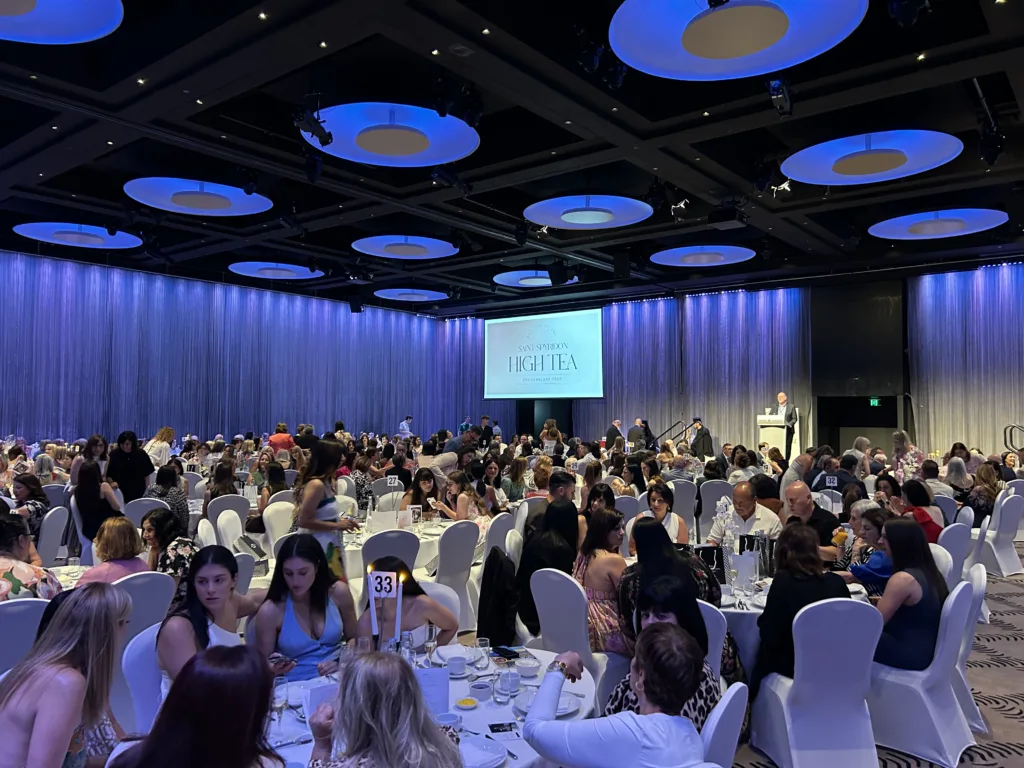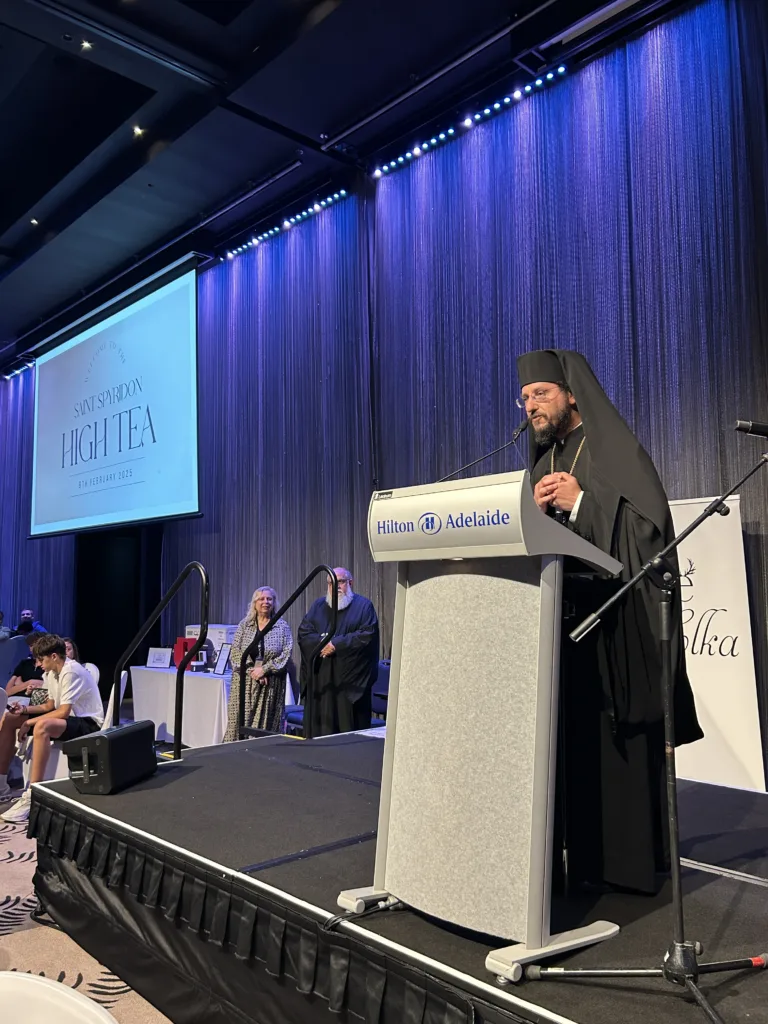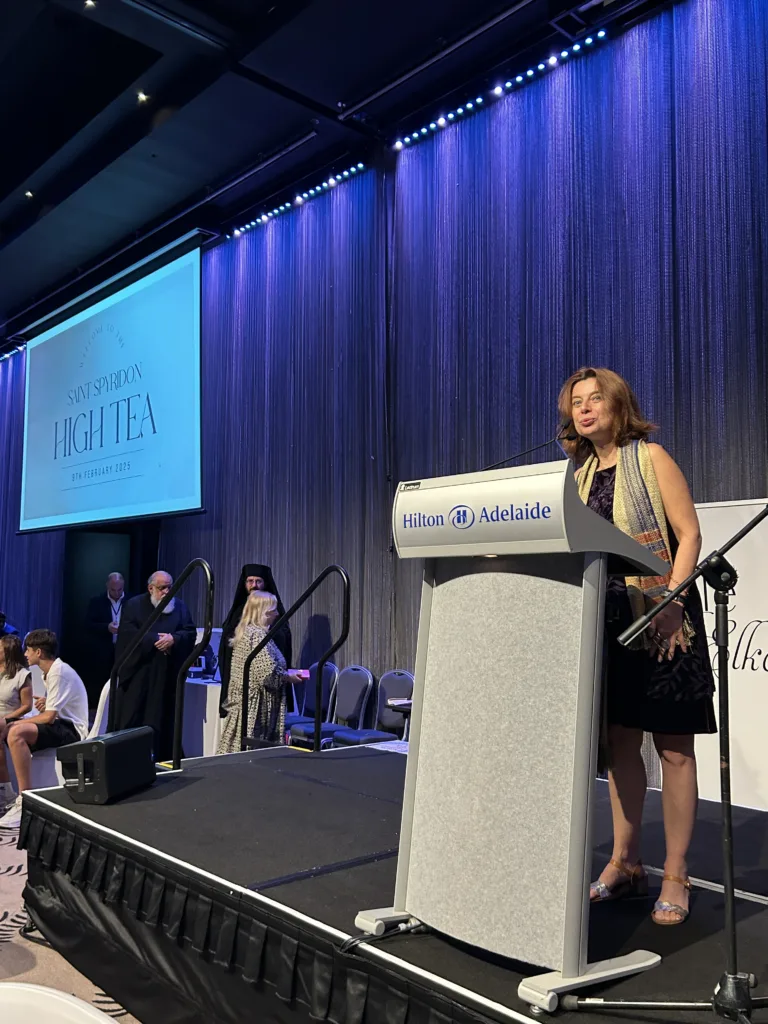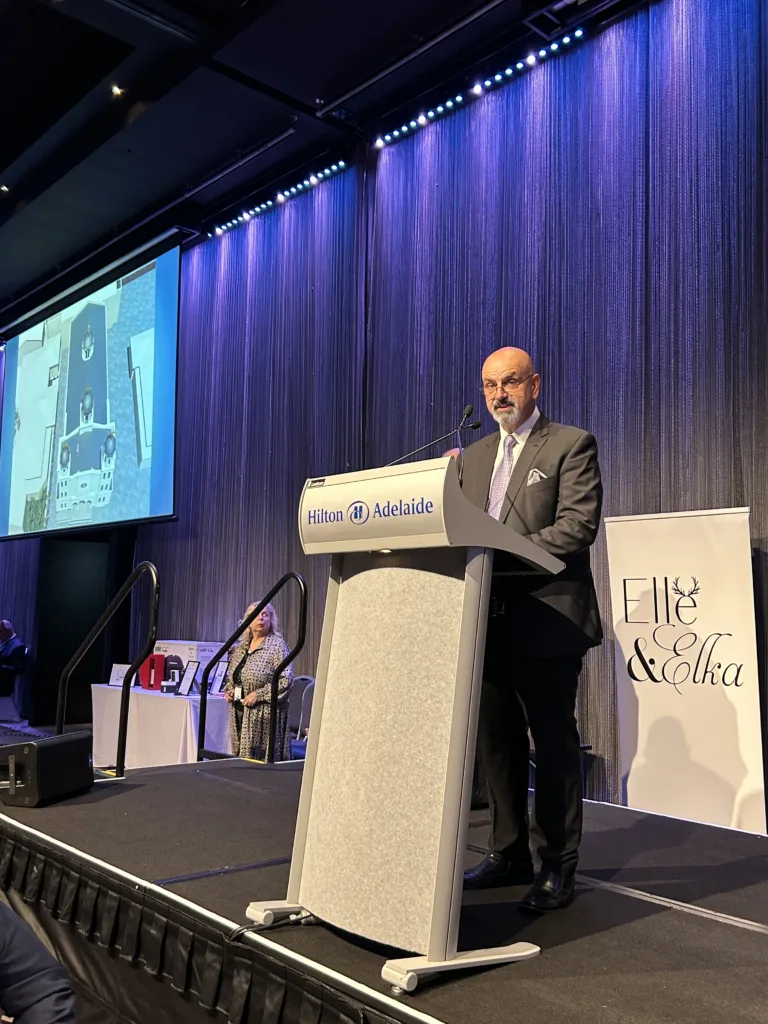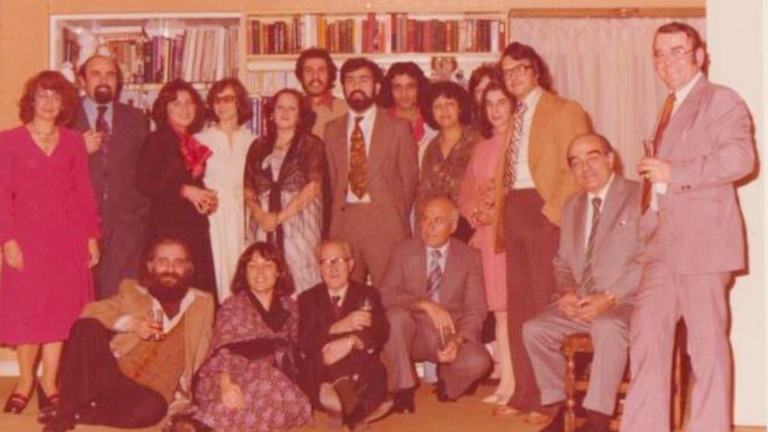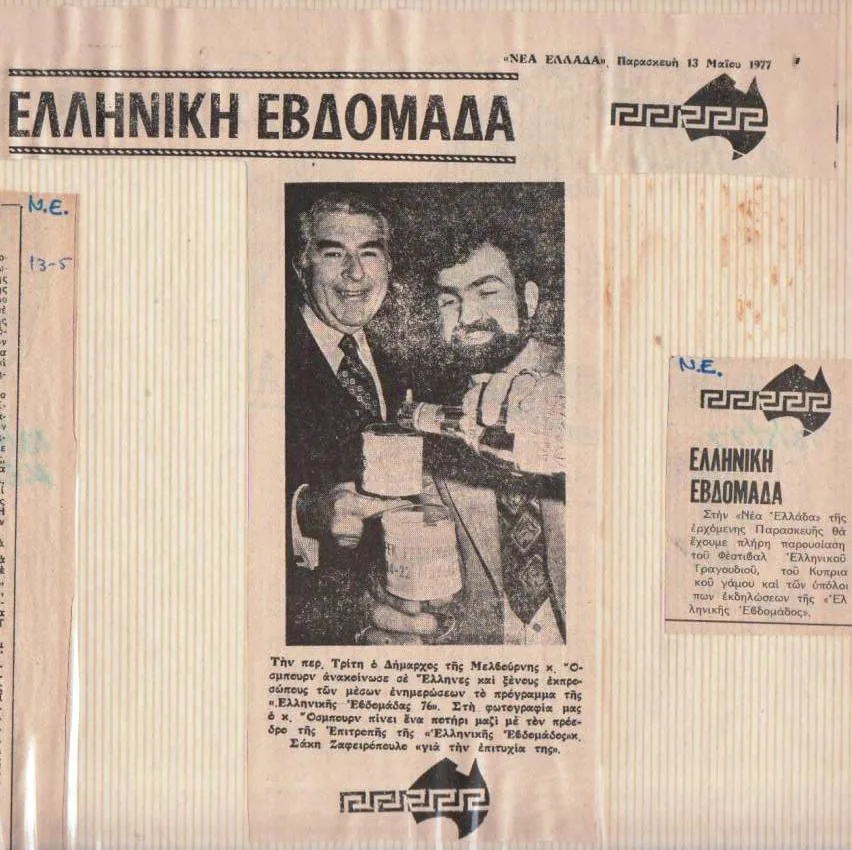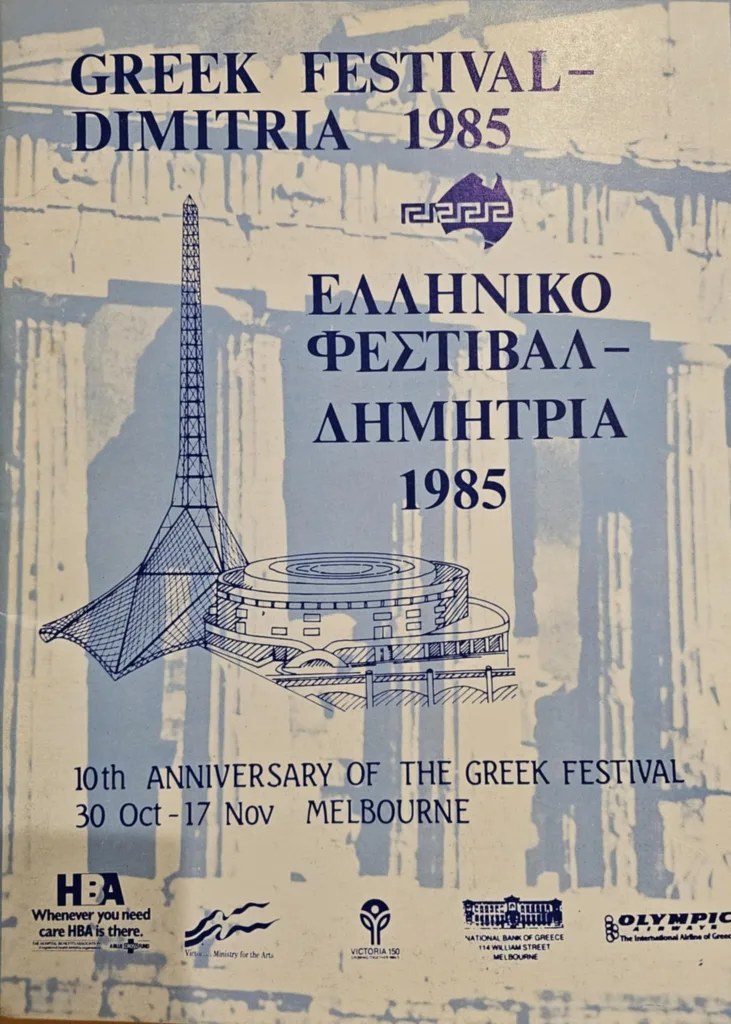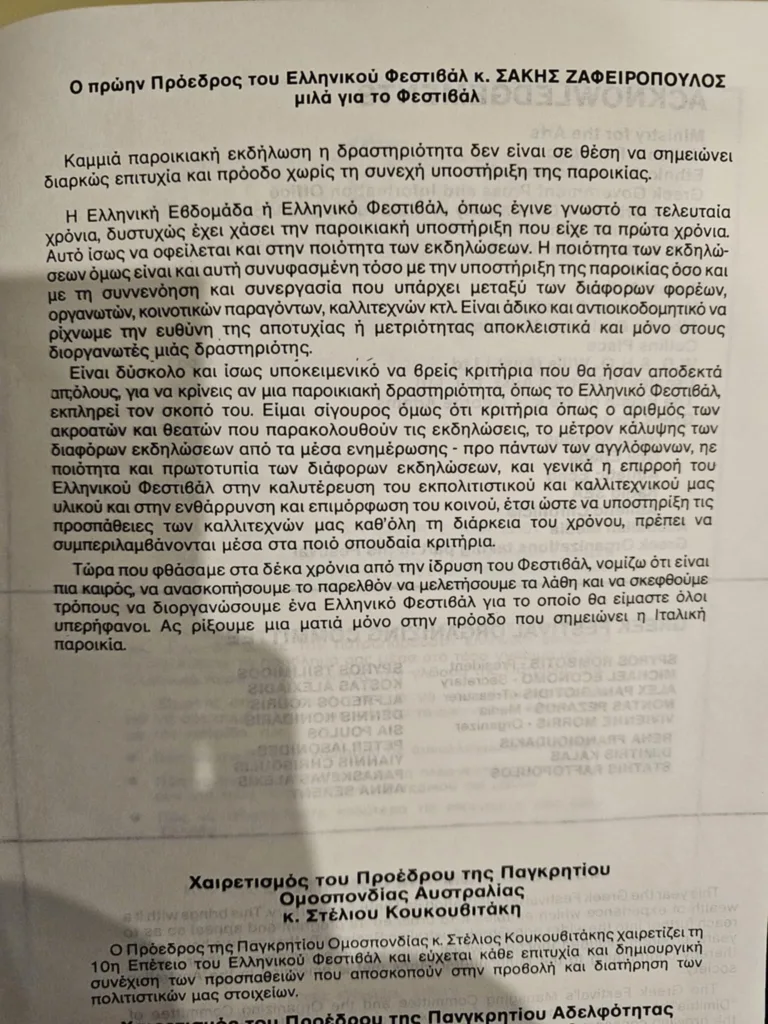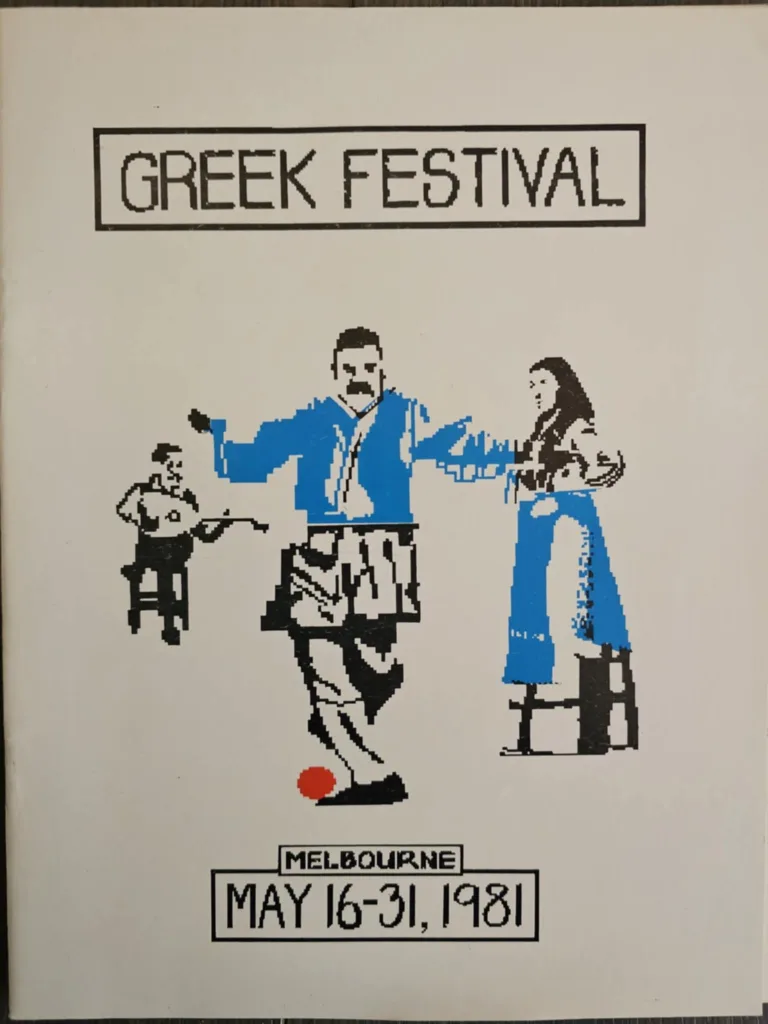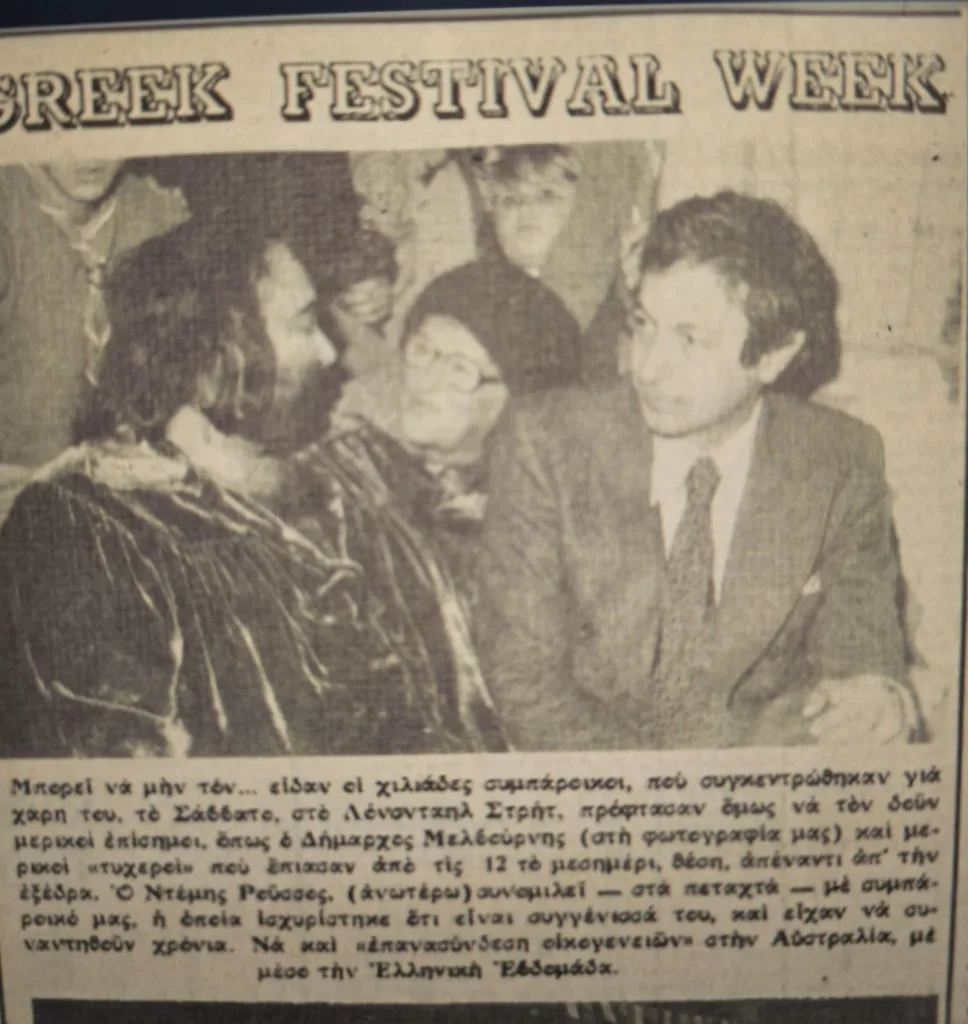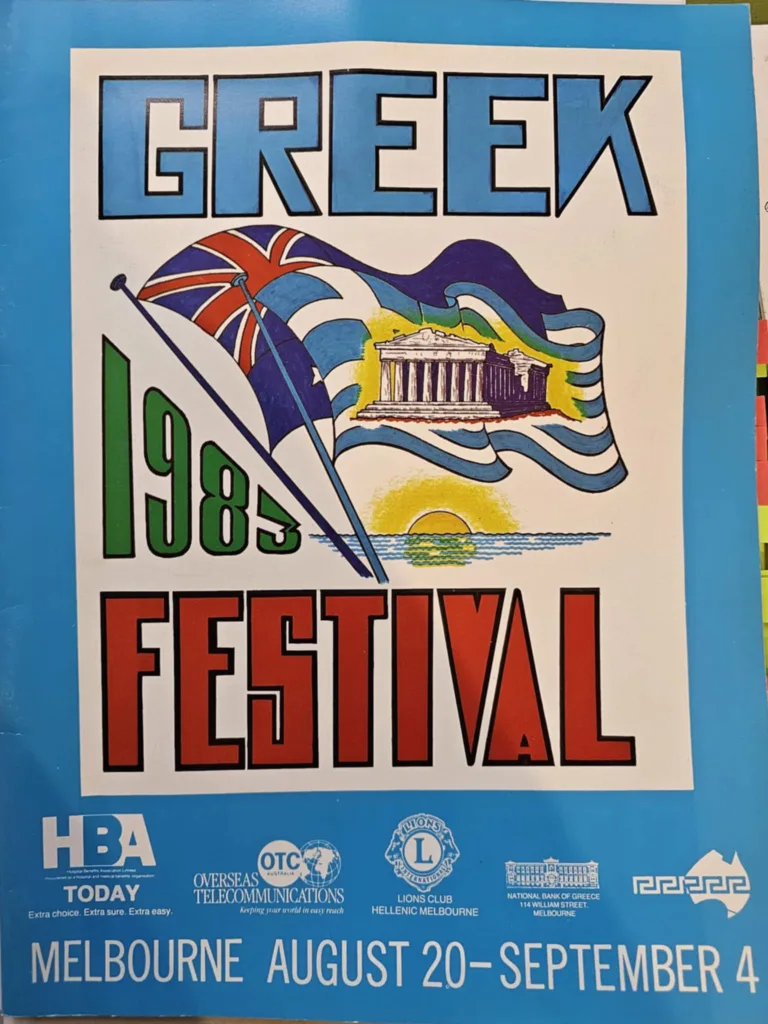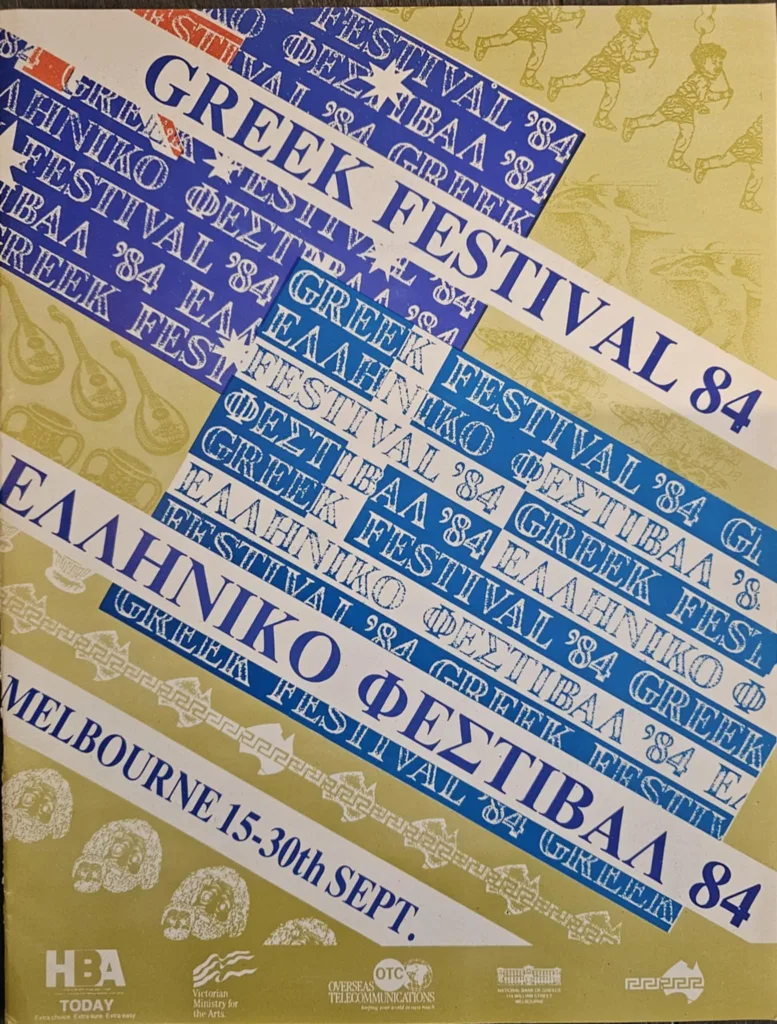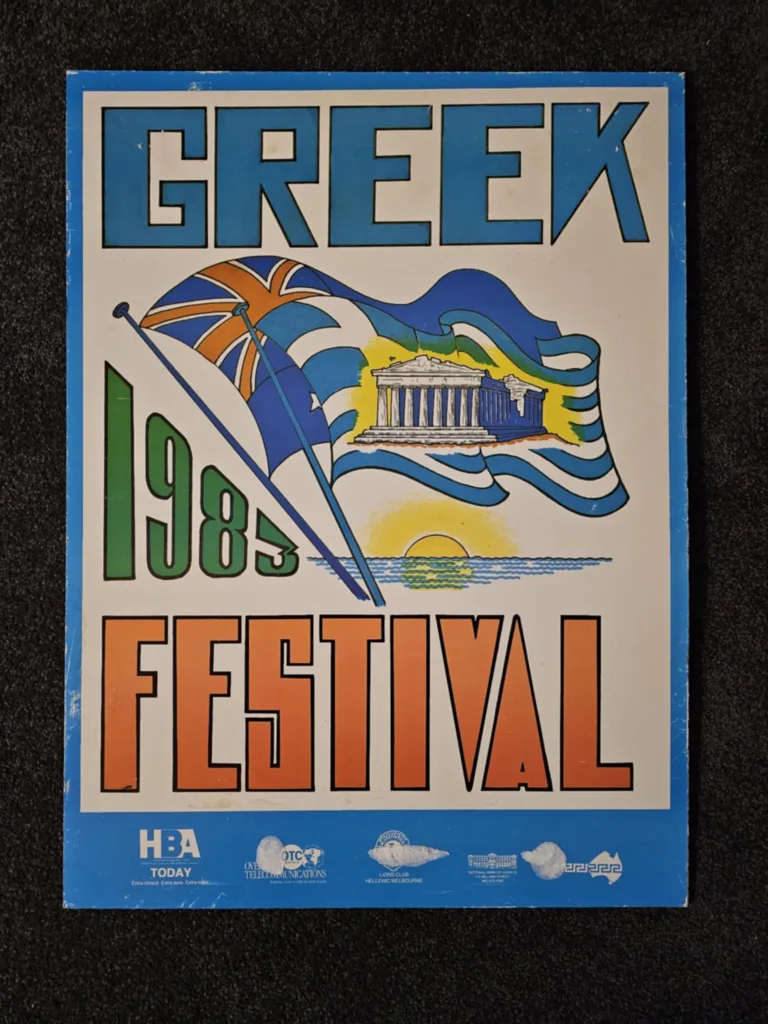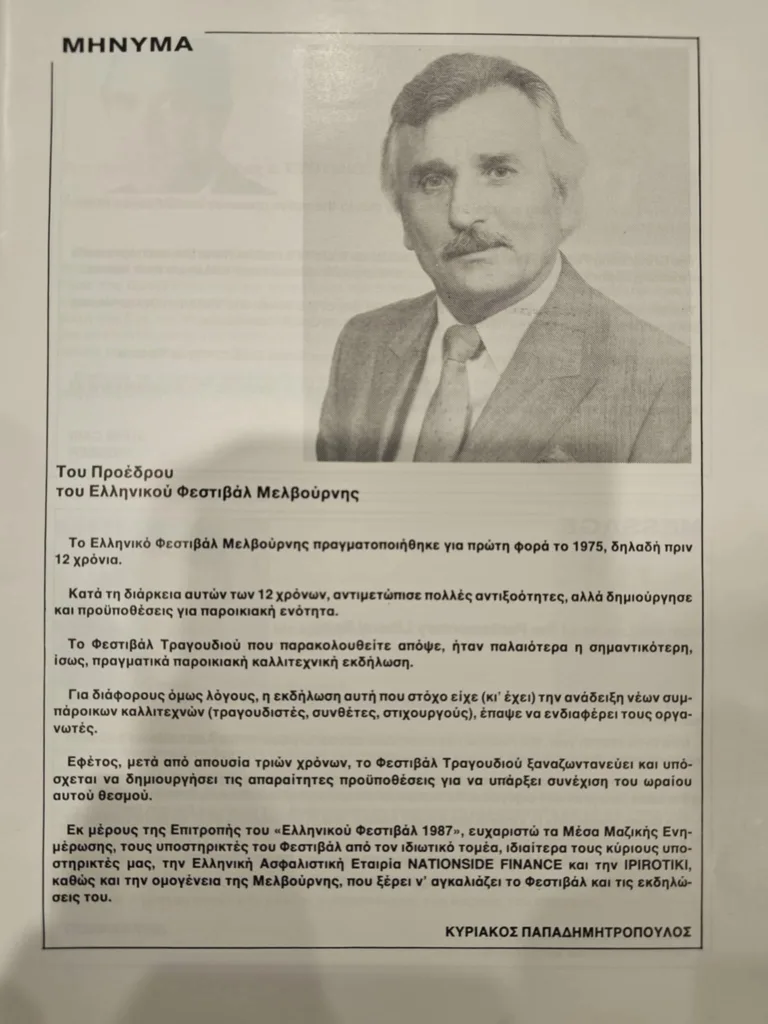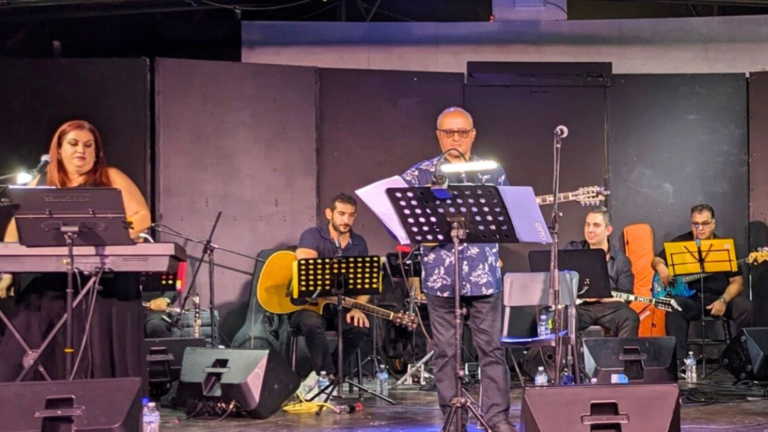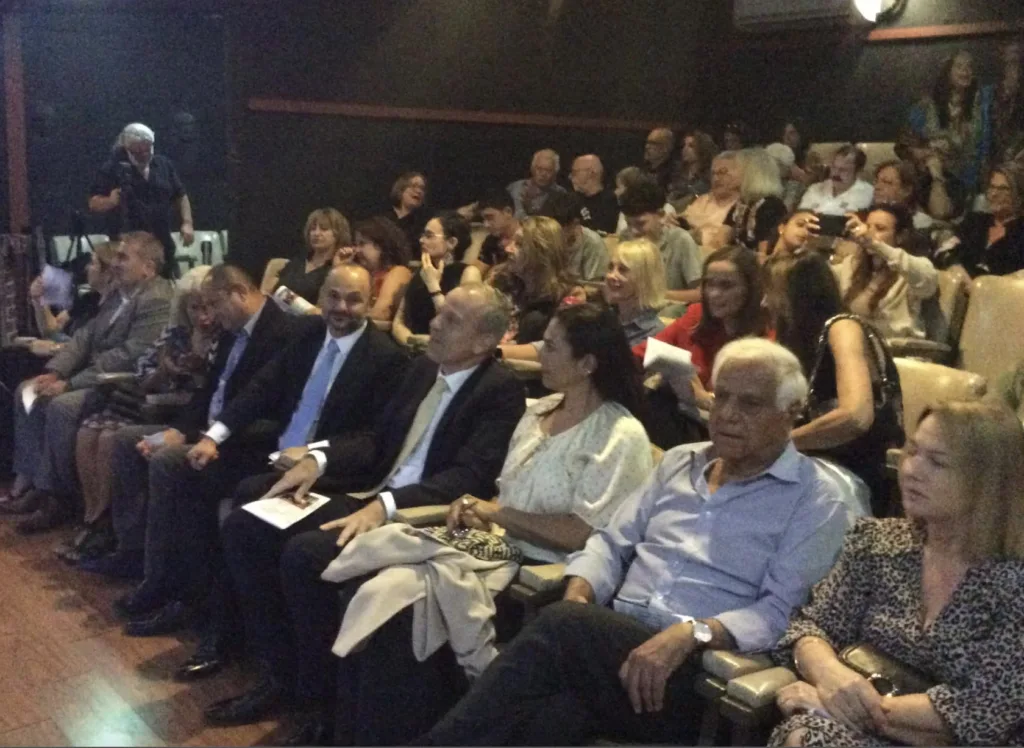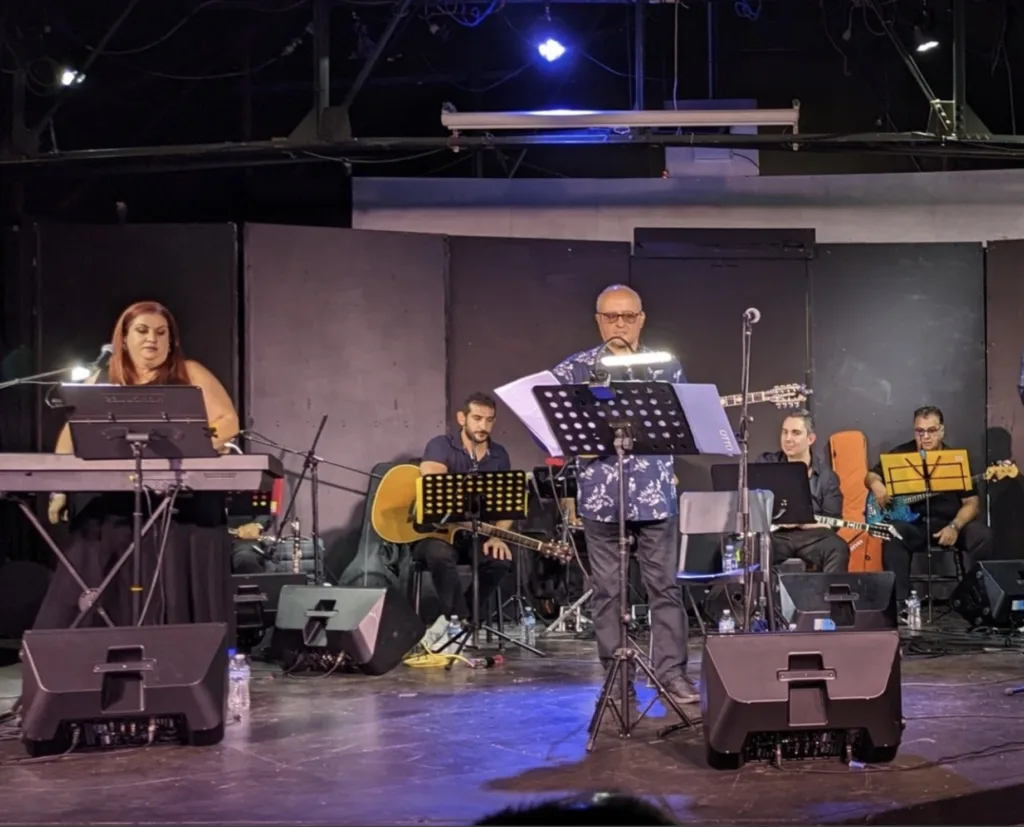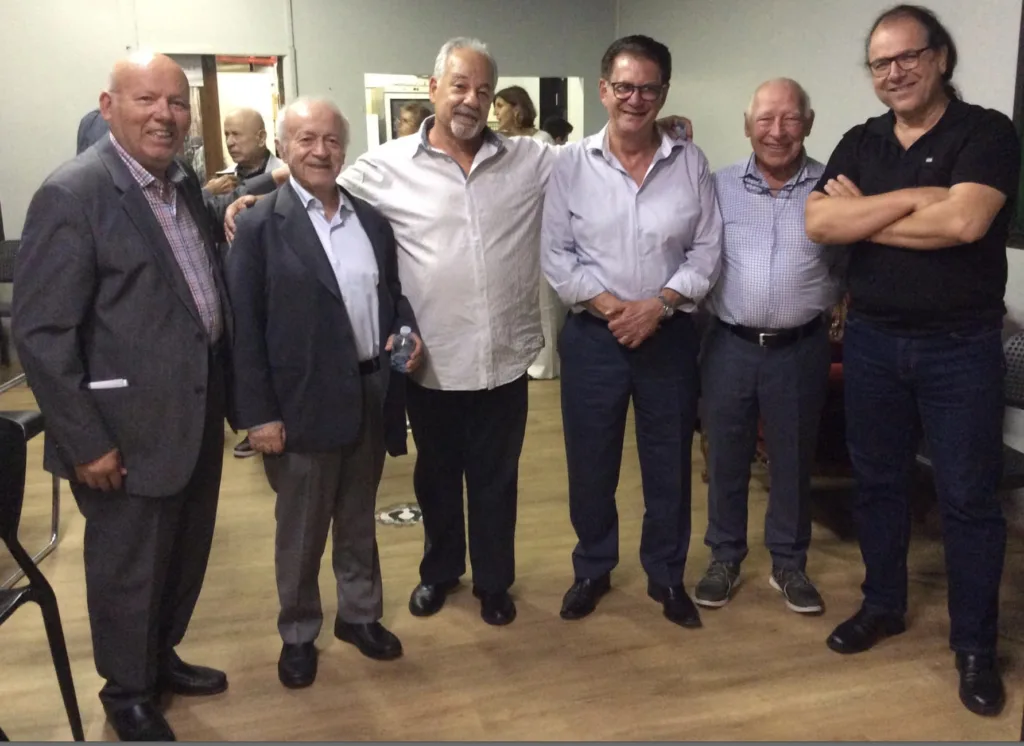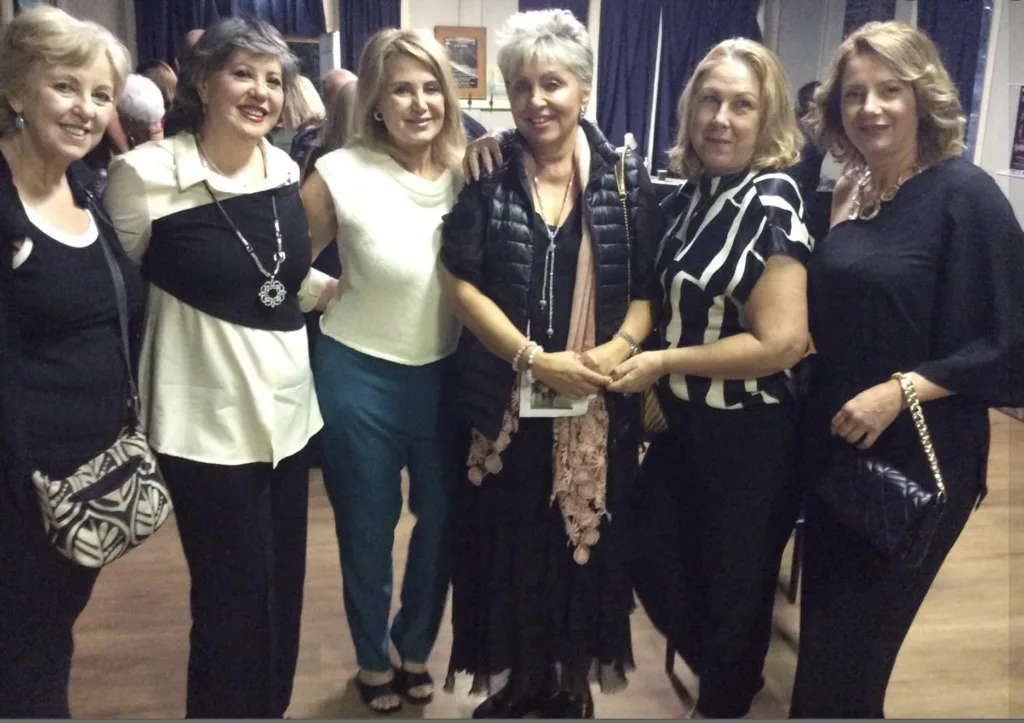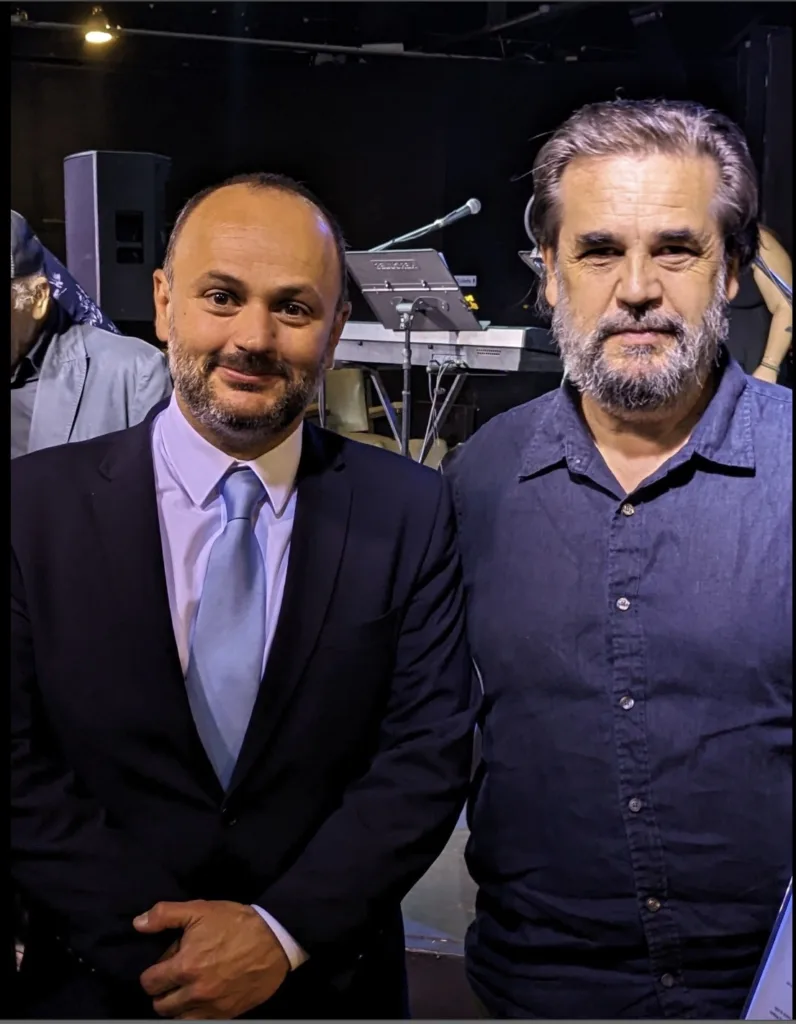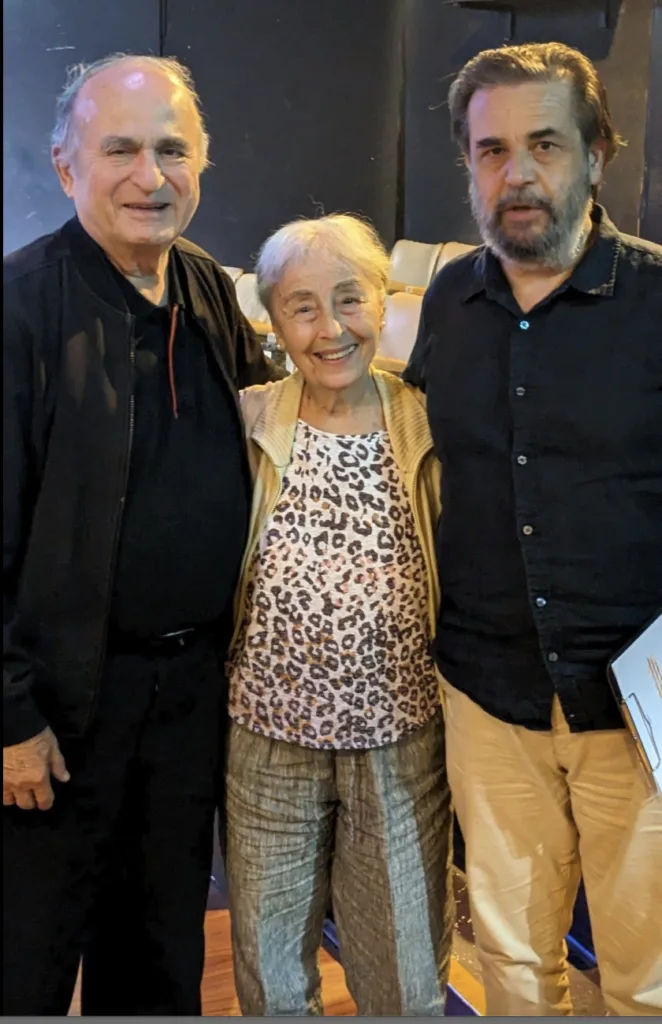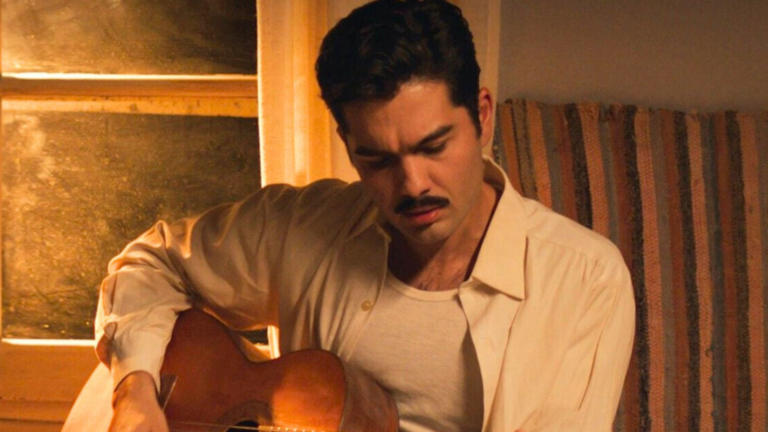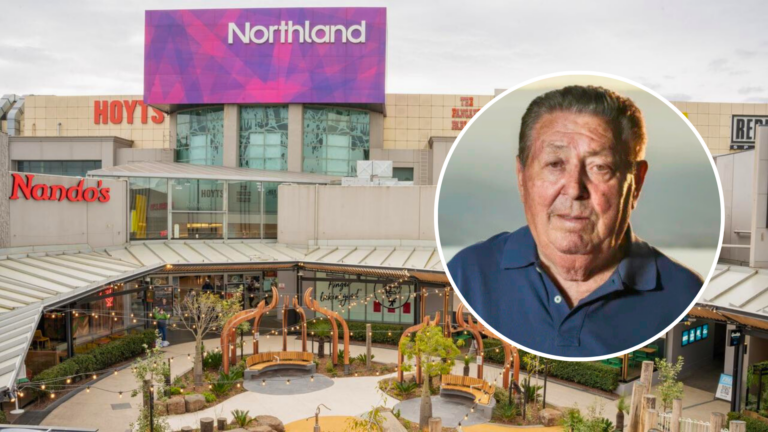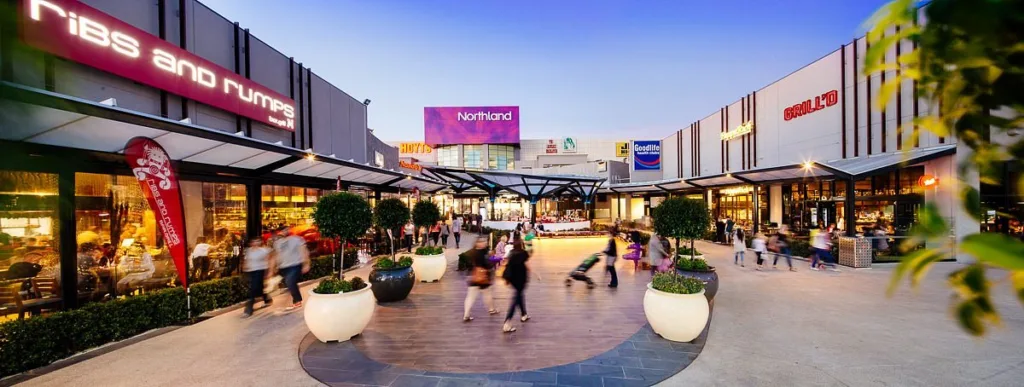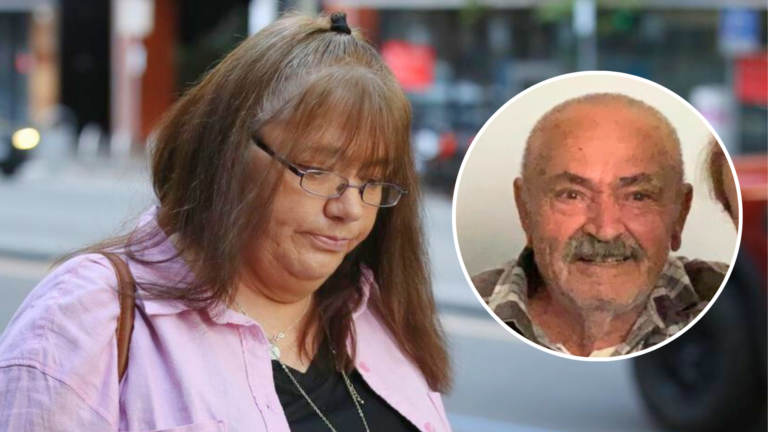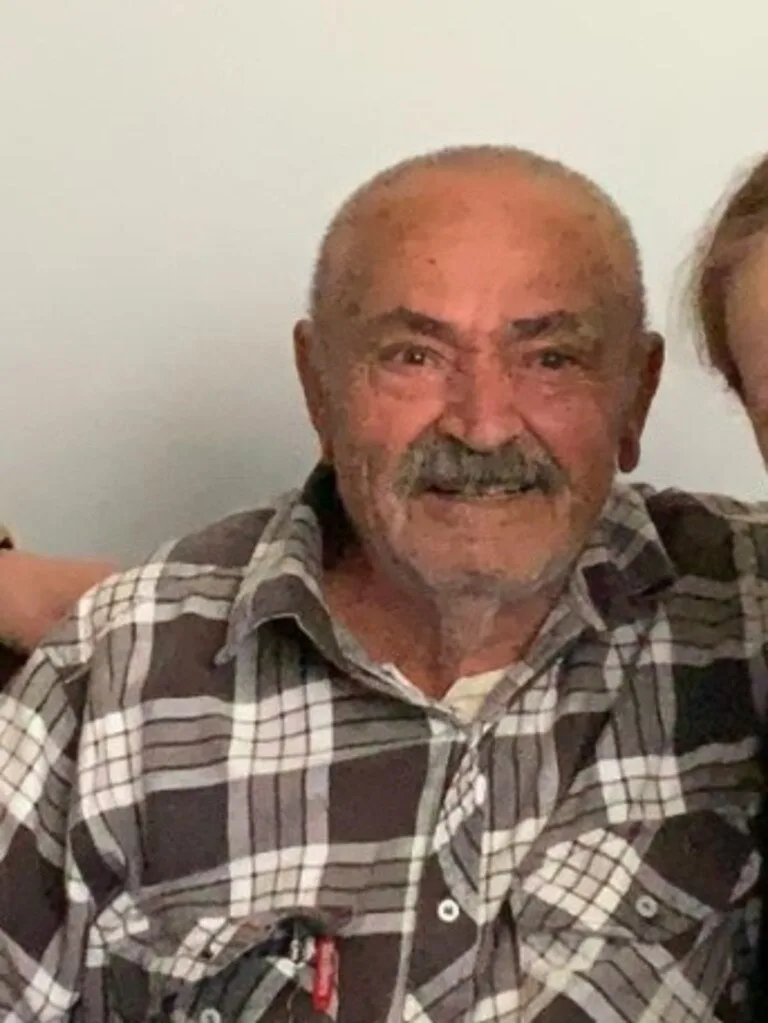As preparations for the 37th Antipodes Festival gear up, few may remember that this year marks half a century of Lonsdale Street closures in celebration of Greek culture.
Cultural diversity advocate Mike Zafiropoulos AM recalls the euphoria of 1975 when Greek Week, a precursor to Antipodes, began.
“Lonsdale Street was the heart of Melbourne’s Greek community – cafés, restaurants, delis, and shops catered to the taste of new arrivals,” he says, remembering the days when the CBD’s Greek quarter was known as “Little Athens.”
In 1973, when Mr Zafiropoulos founded Multicultural Arts Victoria he was inspired by the “All Nations” multicultural festival at Fitzroy Town Hall. He envisioned a similar event dedicated to the Greek community.
“The time was right for such a celebration,” he says, recalling how Gough Whitlam’s government symbolised a new era of multiculturalism in Australia.
“Greeks in Australia still had vibrant memories of Greece and were excited by developments in their homeland… while also living through a time when the concept of a multicultural Australian society became government policy for the first time. Back then, organisations like the Ethnic Communities’ Council of Victoria (ECCV) didn’t exist. Things were just getting started.”
The memories come gushing.
“We invited then-Prime Minister Gough Whitlam and not only did he come to the festival, but he brought several ministers with him, including Al Grassby, reinforcing the government’s commitment to cultural diversity,” Mr Zafiropoulos remembers.
The smell of tsikna enveloped the area as 10 lambs rotated on spits at the Lonsdale Street car park across from the hospital.
“We also hosted a trade fair with Greek products – something unheard of back then,” he remembers, “I went to the Thessaloniki Trade Fair, to build ties and bring stallholders to the festival.”
There were multiple cultural elements.
“We had three Greek theatre productions, sold out with 2,500 people inundating the Palais Theatre at St Kilda, a Greek film festival that the current one is based on, and a song festival with big names. Ever heard of Marios Tokas or Manos Hatzidakis? Hatzidakis even served as president of one of the music festival’s critical committees,” he says.
A memorable moment was when international Greek superstar Demis Roussos visited Melbourne and agreed to go to the Festival at the peak of his career.
“He was afraid to get out of the car because of the sheer intensity of the crowds. We had to open the road with police and escort him via the back,” Mr Zafiropoulos reminisces.
Students also played a huge role in the success of the festival, creating the program and distributing flyers.
“Without the students, it wouldn’t have happened. They didn’t care about honours or distinctions, they just worked hard,” he says.
Mr Zafiropoulos suspects he married later in life because much of his time was spent planning the festival.
“It was a sacrifice,” he reflects. “But when you create something so complex and demanding, you dedicate yourself completely. You forget if you’ve eaten, if you have a girlfriend. That’s why such good works come out—it’s pure passion.”
No sooner would one festival end that planning would kick off for the next. Mr Zafiropoulos worked closely with newspapers, including collaborations with The Greek Herald publisher Theodore Skalkos, who was very supportive, as were all the publishers of the multiple Greek Australian papers that existed at the time.
There were also sleepless nights at then-Consul General Ilias Lyberopoulos’ residence making calls to Greece because, in those days, communication was not as easy as sending an email.
During the festival, Mr Zafiropoulos would be up at all hours.
“I remember cleaning Lonsdale Street at dawn with the Consul General and his wife, Popi,” he says. “Which dignitary would pick up a broom and start sweeping the streets these days?”
Maria Vamvakinou, former MP, coordinated Greek Week in 1981 and 1982.
“It was my first real job,” she says, remembering Greek Week as “part of the dynamic multicultural renaissance which included the Italian Arts Festival and Festival of All Nations.”
“Those were the golden years and two decades, the Seventies and Eighties, when the Greek community produced a proliferation of artists, music, theatre, art and writing, a brilliant generation. We did not succeed in passing on the opportunity to the next generation.”
After Mr Zafiropoulos departed from the organising committee, the festival slowly lost its momentum. Governance was later transferred to the board of the Greek Community of Melbourne in 1983 with Spiros Rombotis as then-President.
Piecing together data:
Researcher Juliana Charpantidou, author of The Embodiment of a Distant Homeland: the history of the GOCMV from its founding to 1972, is studying the festival’s history. Scouring through letters, newspaper clippings, and hosting interviews, she is piecing together data on how the Greek festival has evolved.
“People tell me things and then I look for documents to back these memories and that is sometimes hard to find,” Ms Charpantidou says.
She adds that there was a brief period when the Lonsdale Street Festival and Greek Week co-existed, but says evidence she has found so far suggests that they competed with each other in the calendar year rather than amalgamated.
“A lot of community events already taking place would be incorporated into the festivals,” Ms Charpantidou says, adding that Greek Week slowly dissipated rather than merged.
Ms Charpantidou is reviewing the political aspects of the festival, including the role of former socialist PASOK culture minister Melina Mercouri, who submitted the proposal for Antipodes to then-president of the Greek Community of Melbourne, Savvas Papasavvas. She even committed to fund part of the festival, stirring controversy in Greek Parliament. However, in 1986 Andreas Papandreou came to Australia with support for the festival.
“There was a time when events would culminate on the 25th of March with everyone heading to Lonsdale Street following the National Day parade at the Shrine of Remembrance,” she says, but is still researching the details of these changes.
It is possible that an earlier February date held the advantage of more favourable weather as well as less likelihood of the festival falling during the Lenten period of fasting before Easter. Other events, such as the Greek Film Festival, were later spread across the Greek community’s annual calendar.
The festival’s footprint:
Academic Nick Papastergiadis and his team released a University of Melbourne research paper on the festival’s impact in 2017. The research emphasised the festival’s cultural and economic significance.
“The festival provides a substantial economic boost to Melbourne. Many people travel from interstate, benefiting restaurants, hotels, and businesses. It’s not just about celebrating Greek culture – it’s about strengthening the city’s cultural and commercial fabric,” Mr Papastergiadis says.
The paper outlines that more than 100,000 people attended the festival that year, with attendees spending $6.4 million in total. $5 million represented expenditure in the Lonsdale Street area that would not have occurred without the festival. The expenditure generated: $0.9 million of revenue for the State at large, $1.1 million of Gross State Product, and the equivalent of 8.5 full-time jobs. Positive Socio-Cultural Impact.
This documentation has been important in better understanding the festival’s importance and shift in scope.
“Both the city’s overall demographics and the Greek community have become more diverse. There are more mixed marriages, and this is reflected in the festival’s audience with a high proportion of attendance from various cultural backgrounds,” Mr Papastergiadis says.
The paper also made recommendations that have since been implemented, such as more seating and rest areas and leveraging resources such as street cameras for accurate foot traffic data.
Such clear documentation of the festival’s impact led the City of Melbourne to recognise the festival as a Tier 1 event alongside the Formula 1 Grand Prix and the Australian Open.
This was huge recognition, though not quite as huge as former Greek Community of Melbourne president Savvas Papasavvas would have hoped when he put forward a proposal for local and state authorities to declare the festival a public holiday – at least for Greek Australians.
Though not a public holiday, each year the city comes to a standstill, and prime ministers, political party leaders, and the community at large head to Lonsdale Street, just as they have been since the road closures started 50 years ago.
In the early days, it was about Greeks celebrating who they were and finding their place in Australia’s multicultural fabric.
Greek Community of Melbourne President Bill Papastergiadis says today the festival is about “sharing Hellenism.” He recognises the huge impact and wants to keep youth engaged.
“I am proud that my son will be one of the 50 volunteers helping people navigate through the festival this year,” Mr Papastergiadis says. “It is as much about the future and keeping youth engaged and in touch with their culture as it is about its legacy and history.”
The festival is a powerful reminder of the city’s rich multicultural heritage and the resilience of the Greek community in Australia.
For more details visit: www.antipodesfestival.com.au

